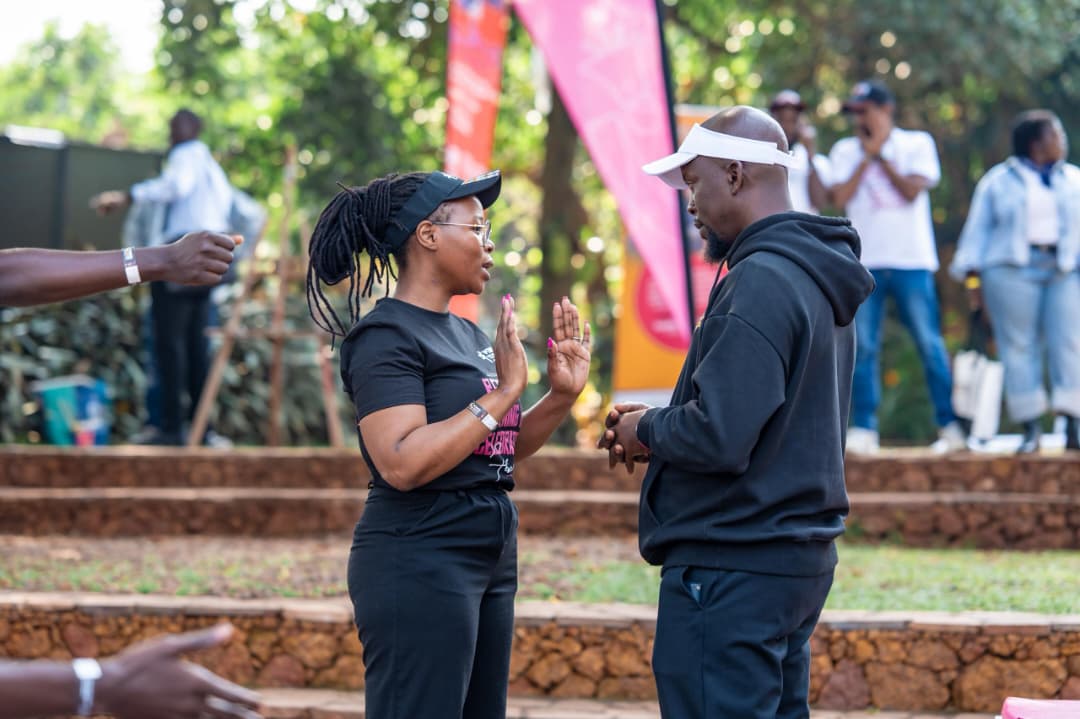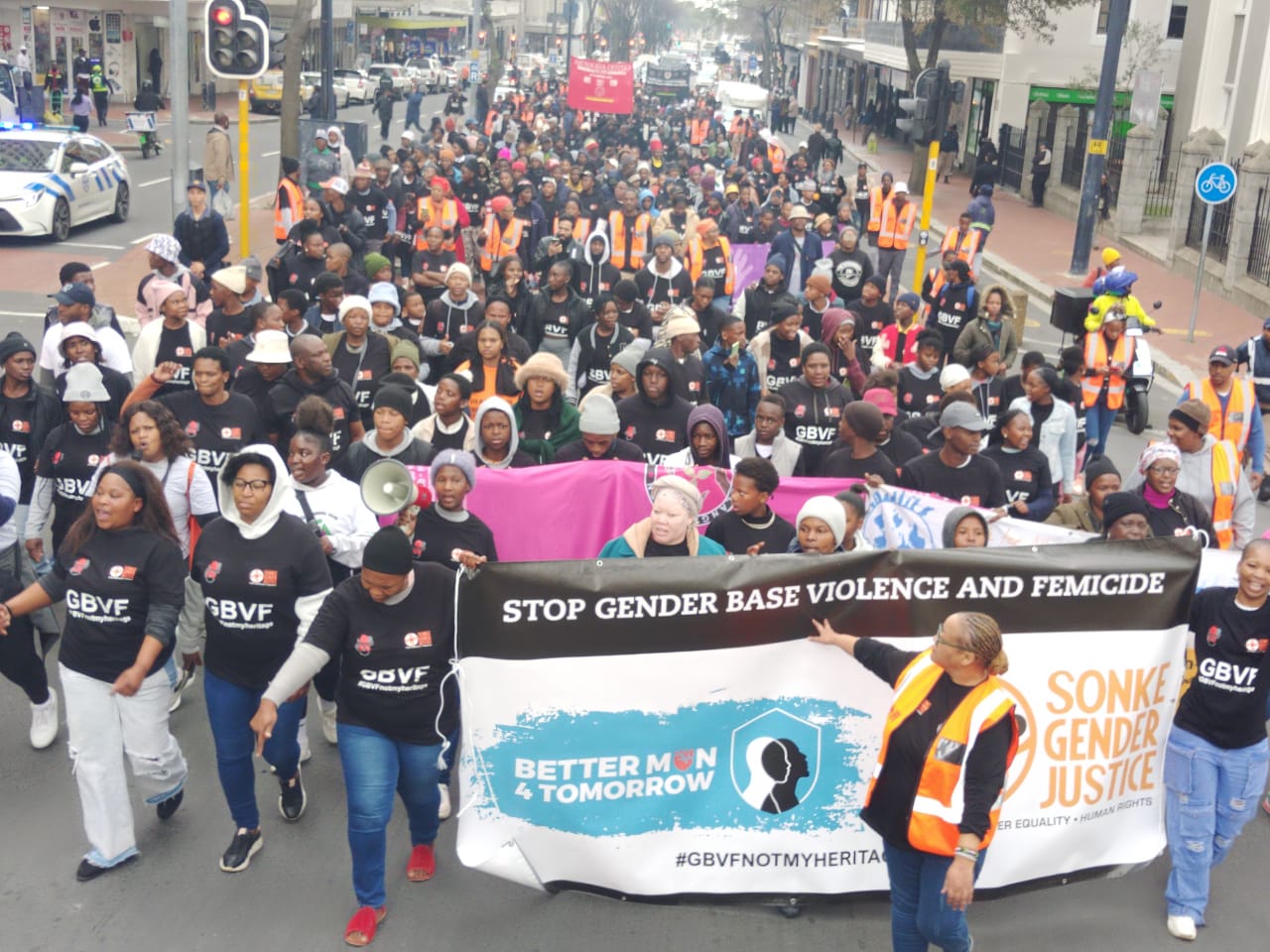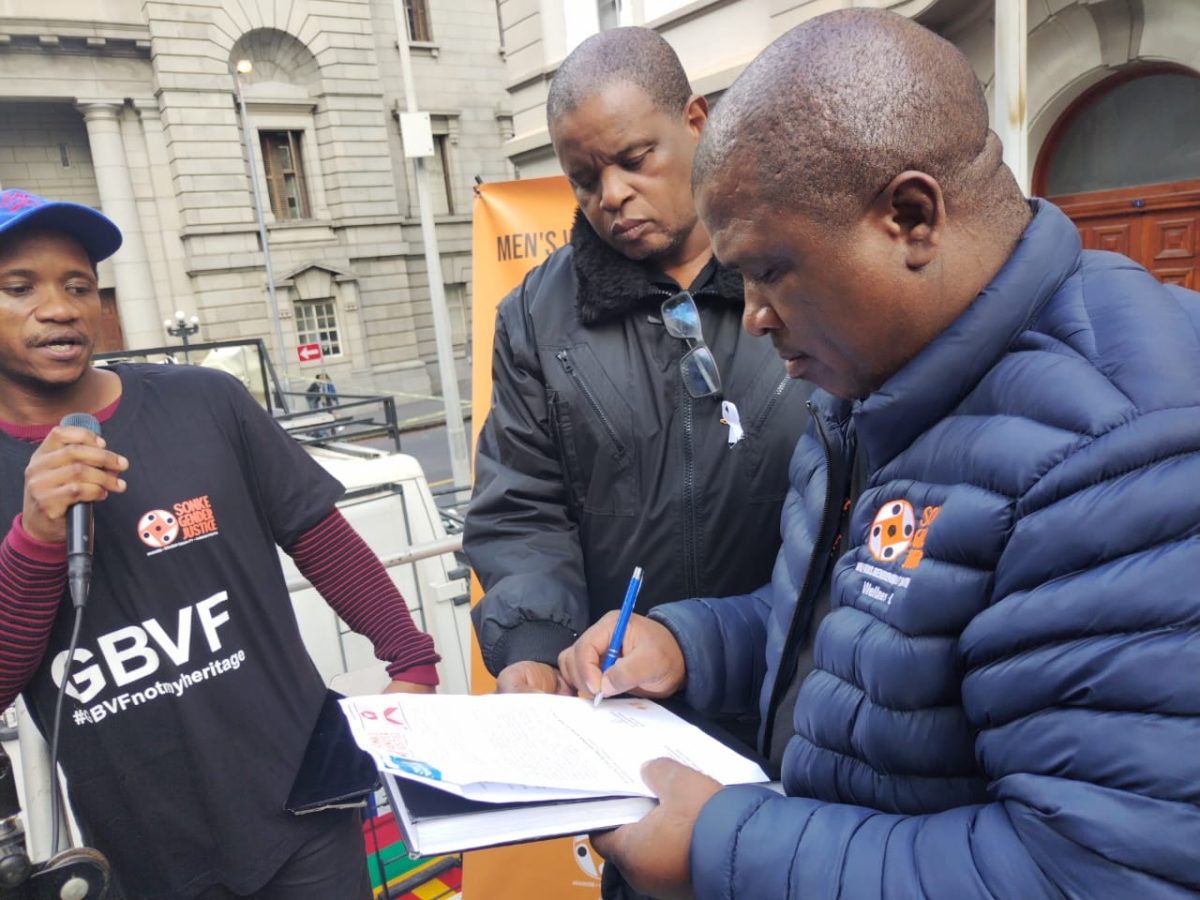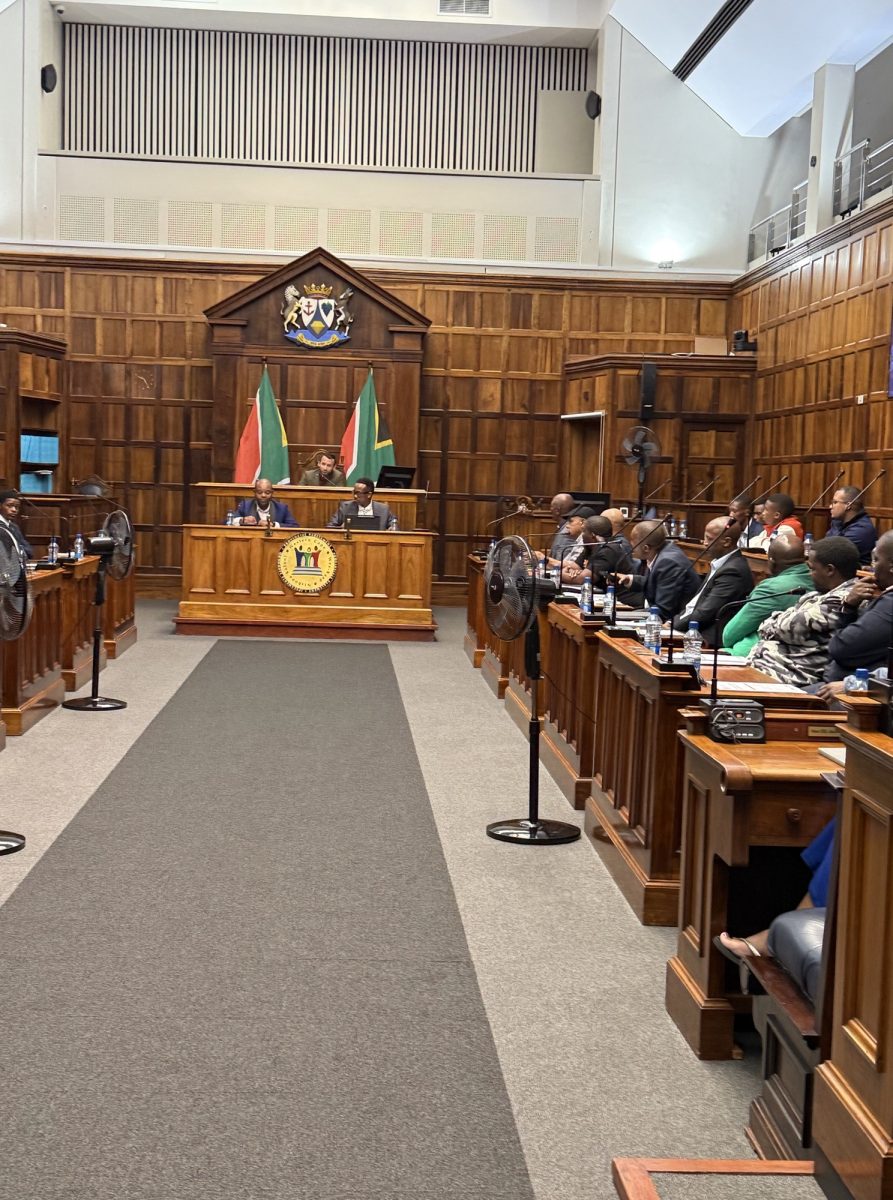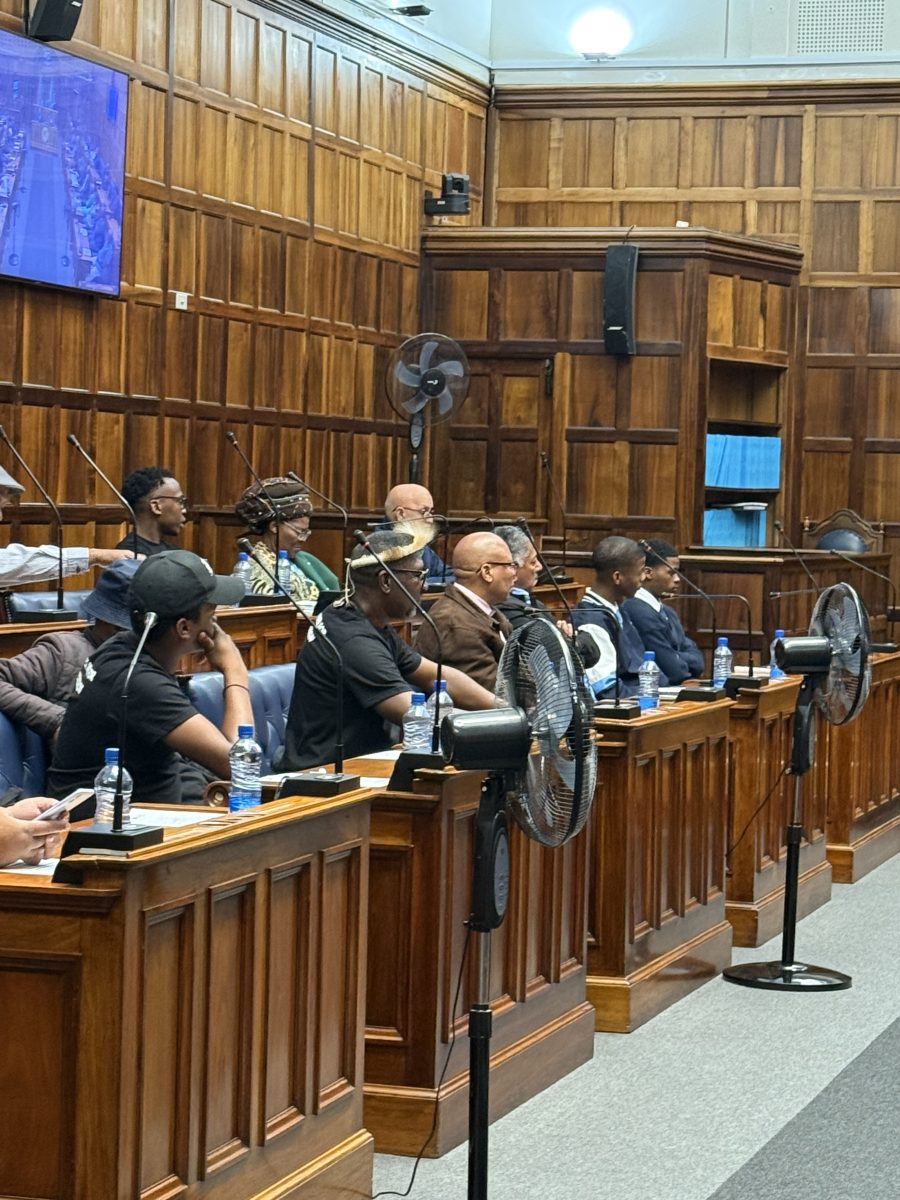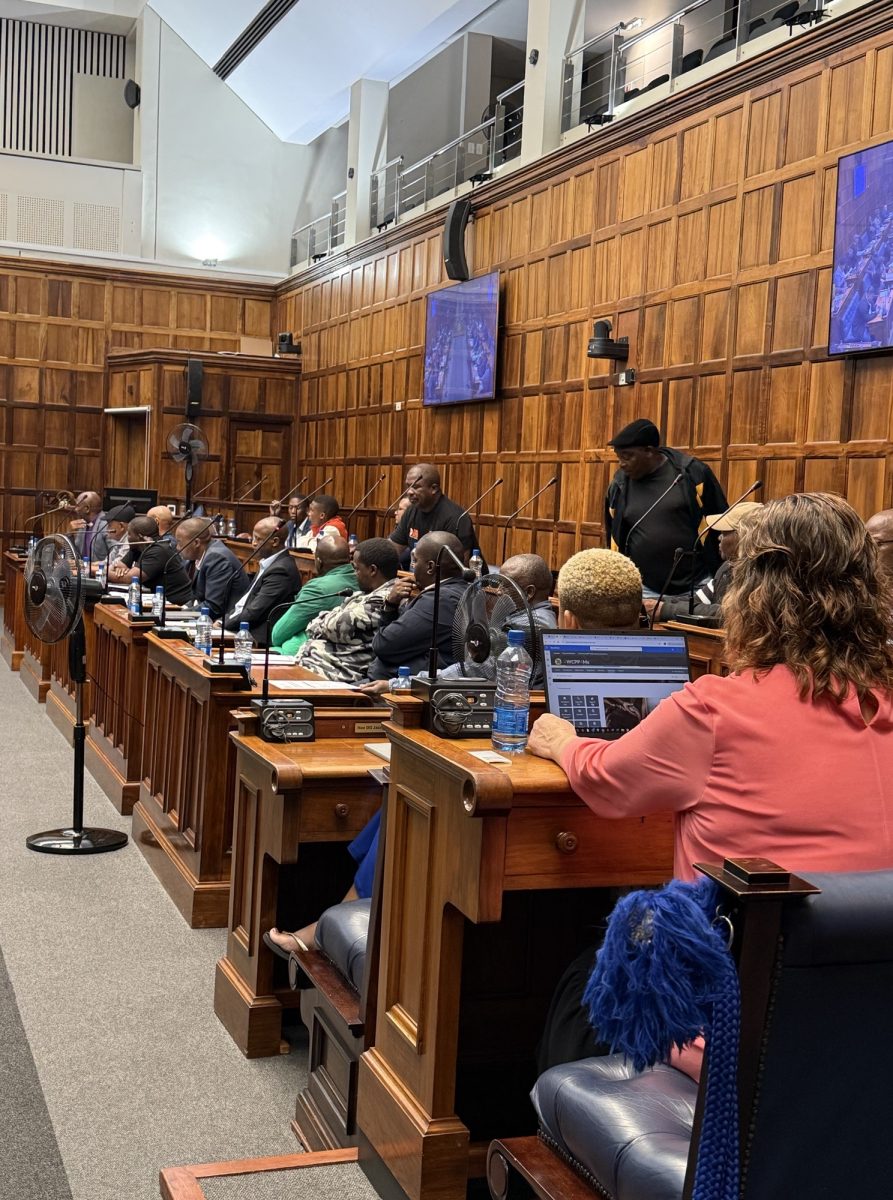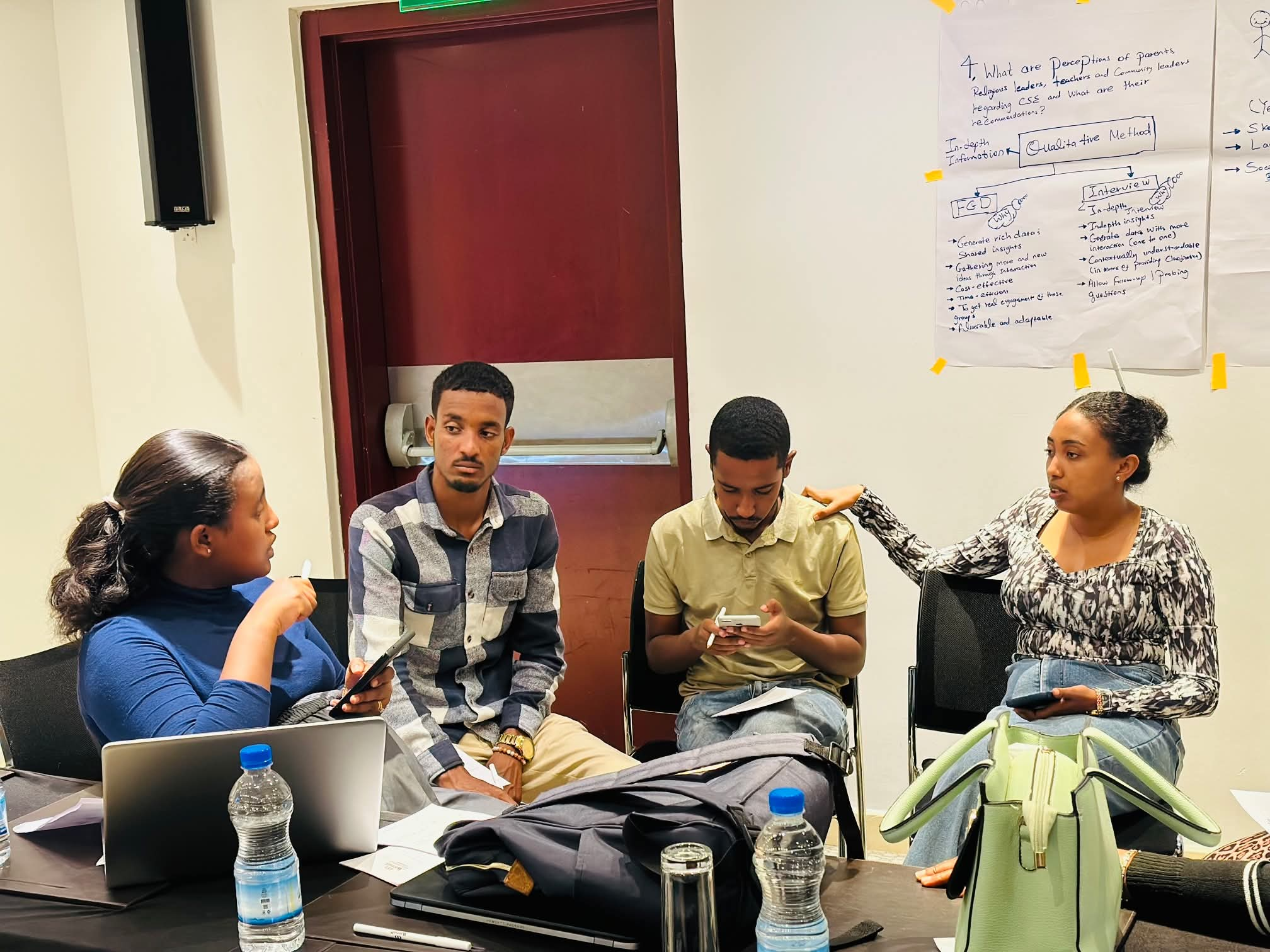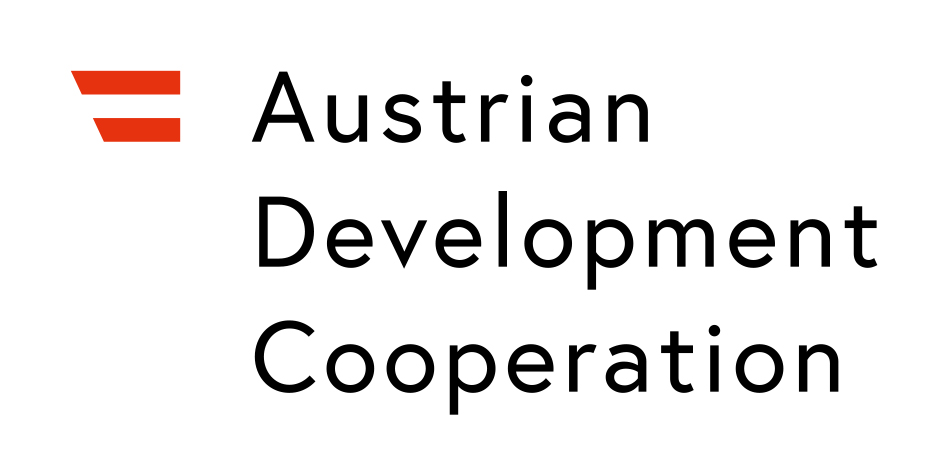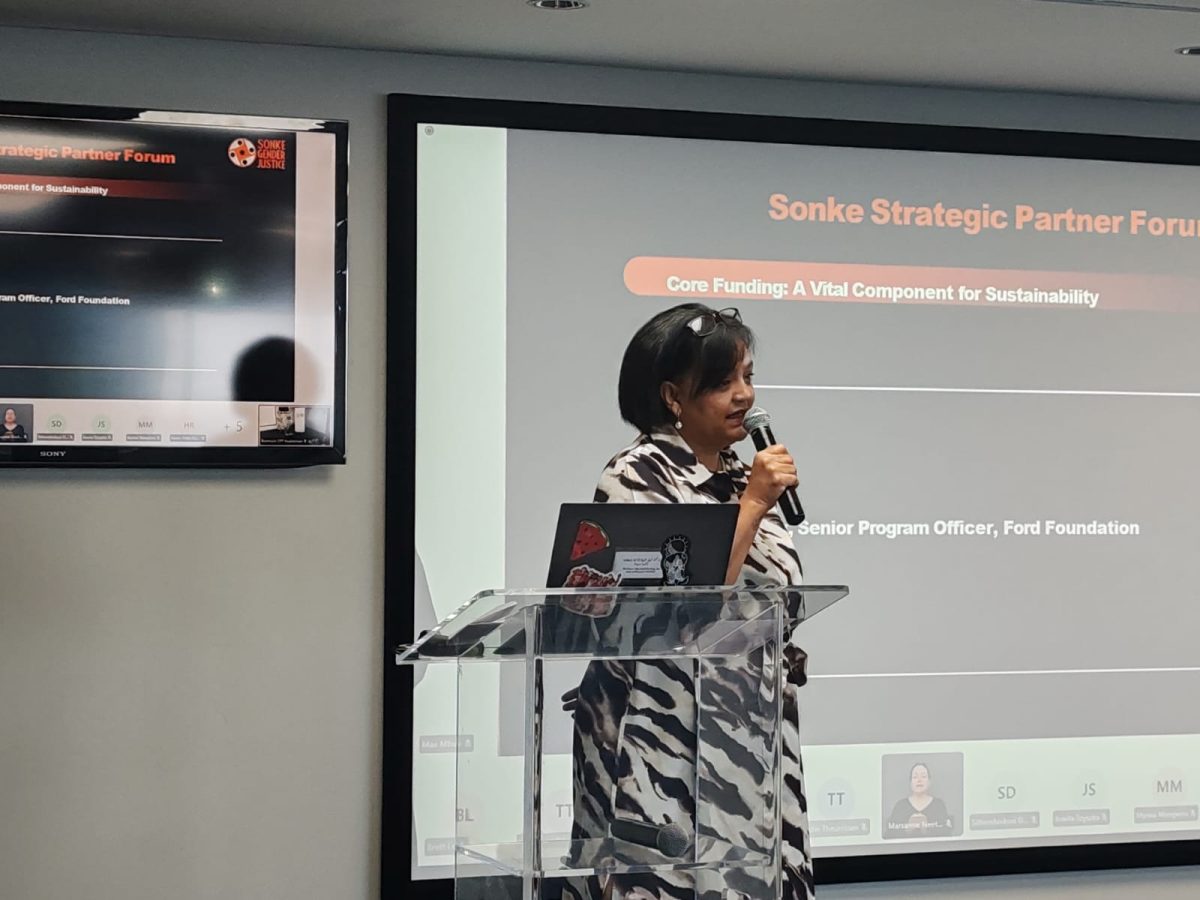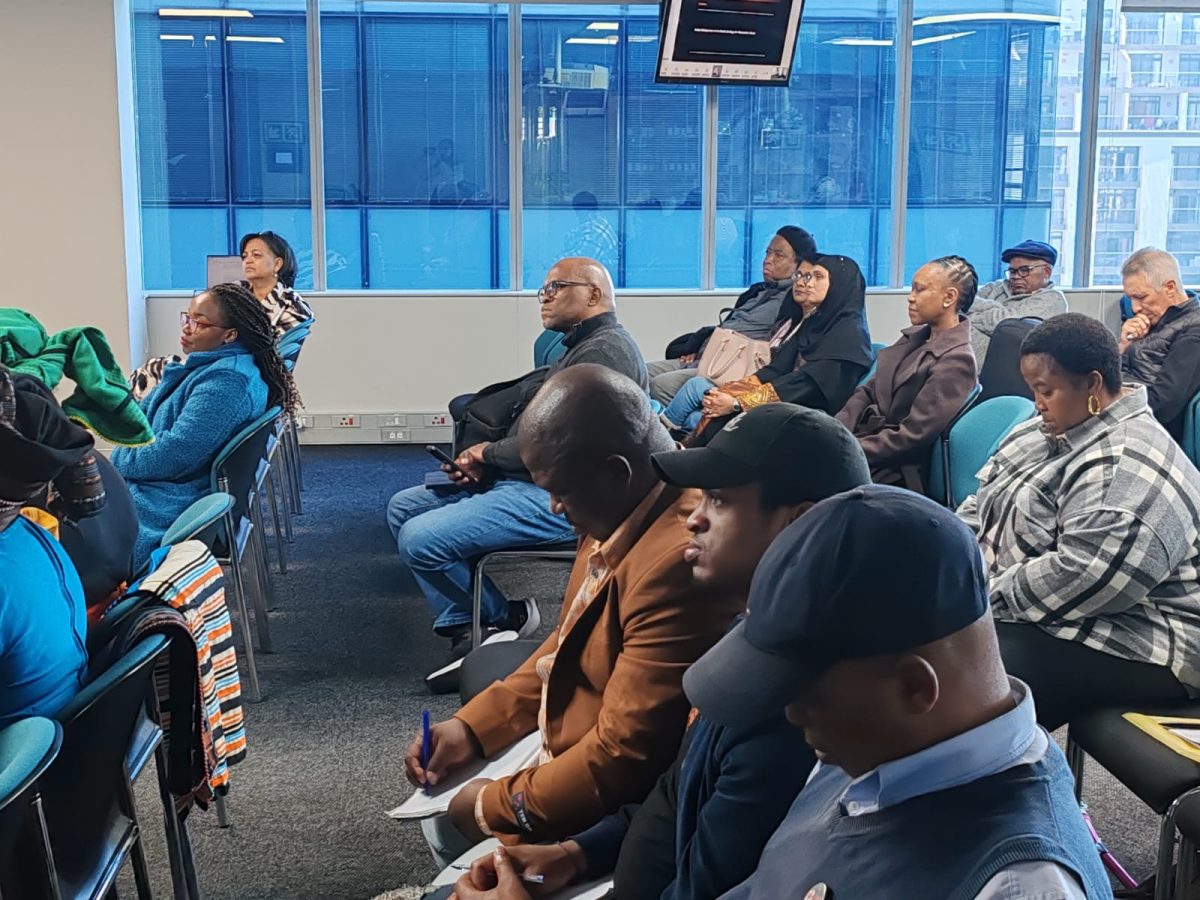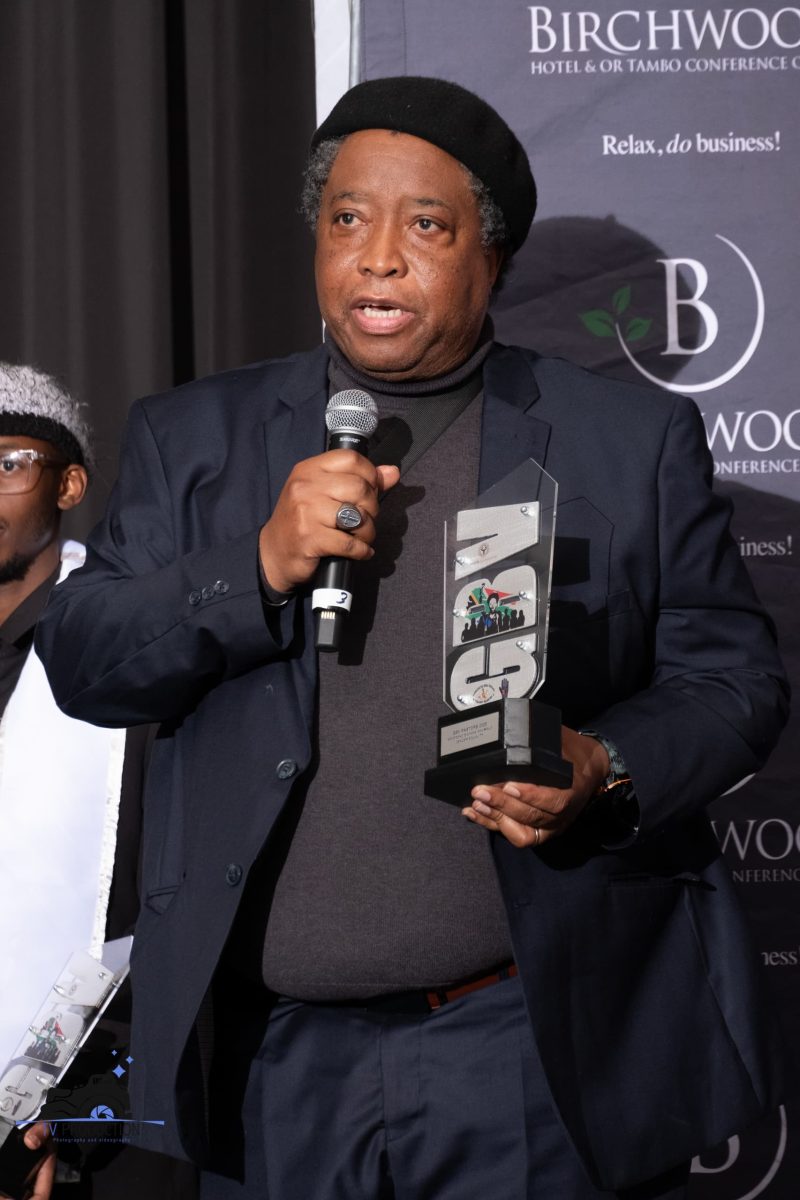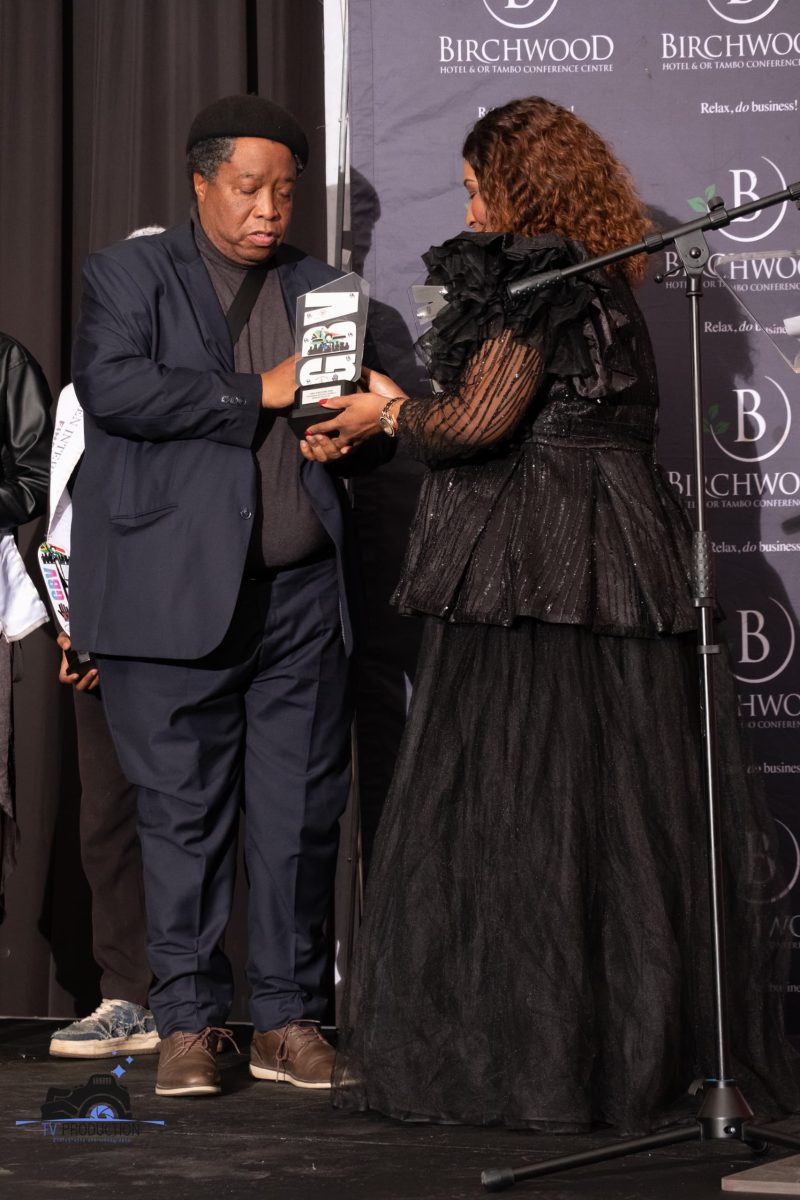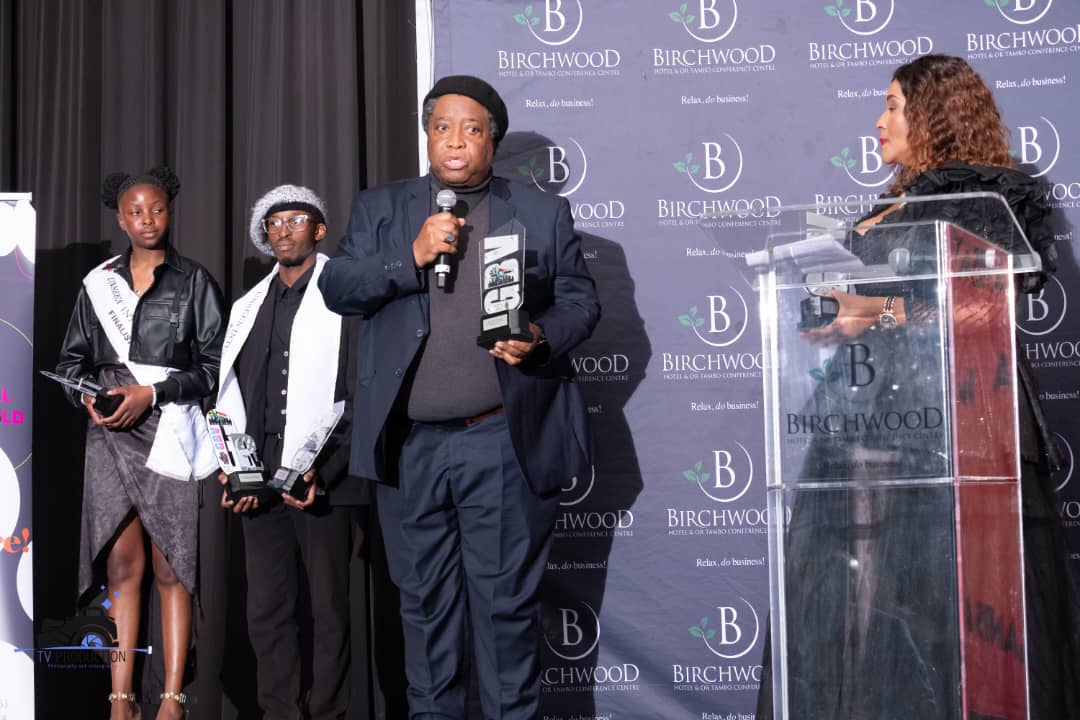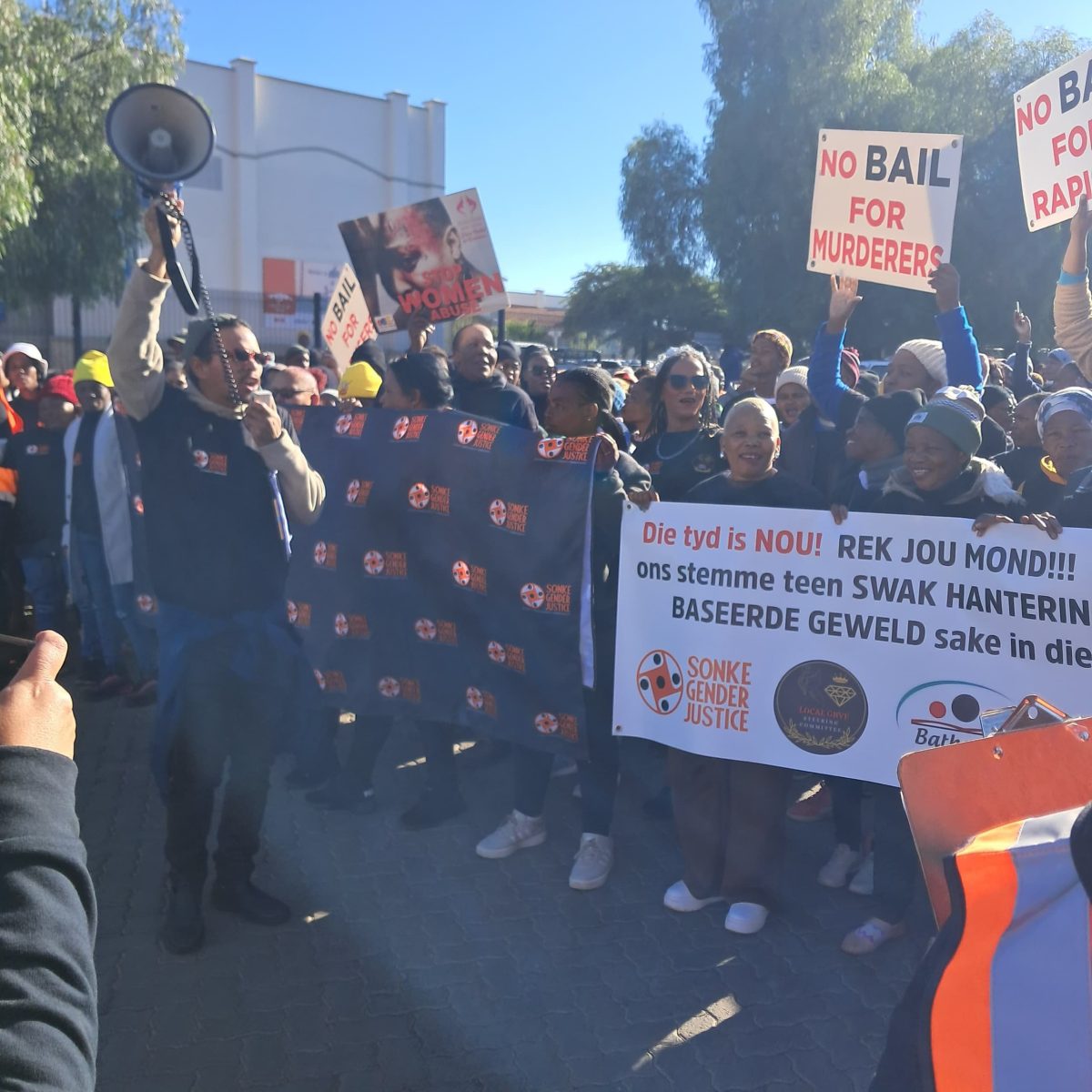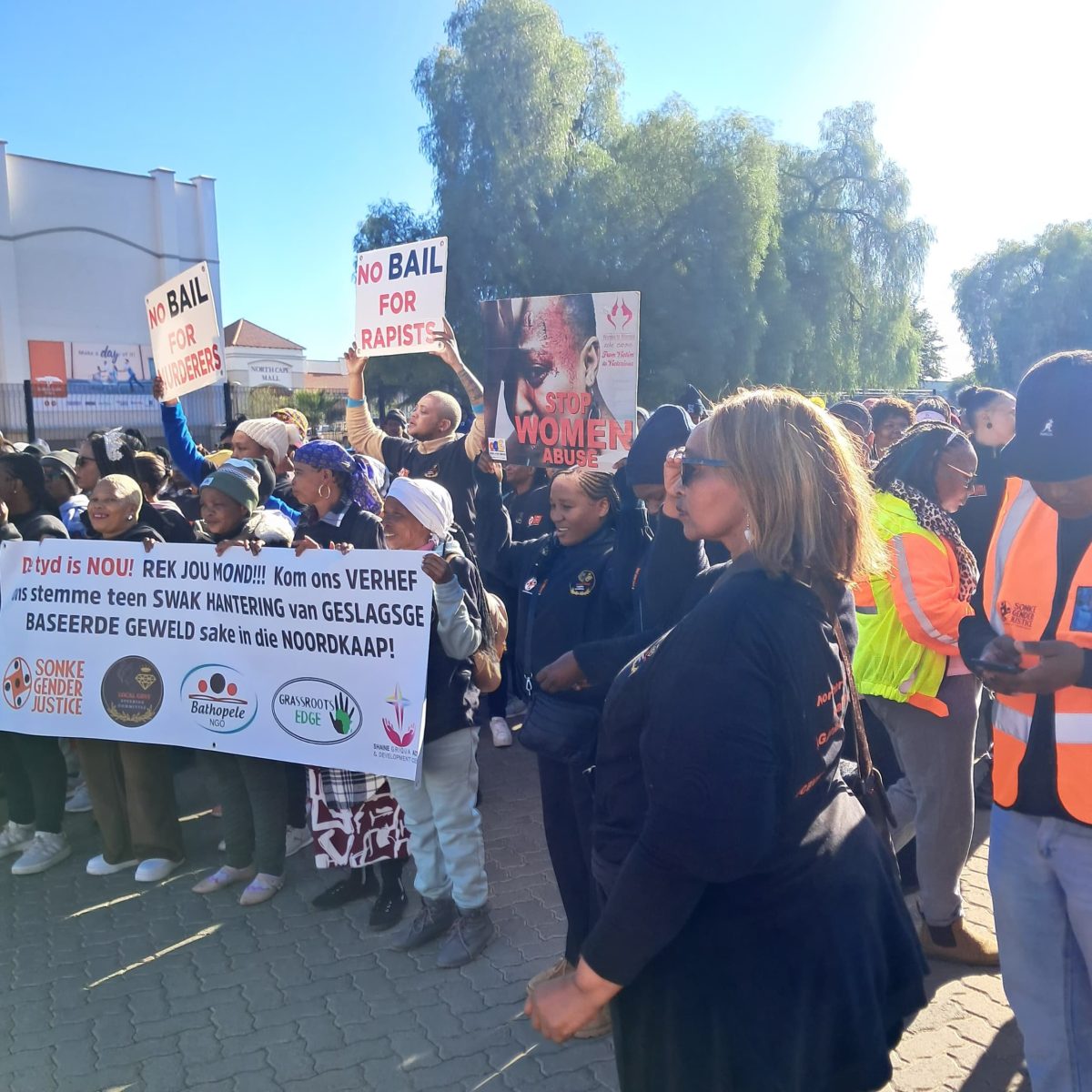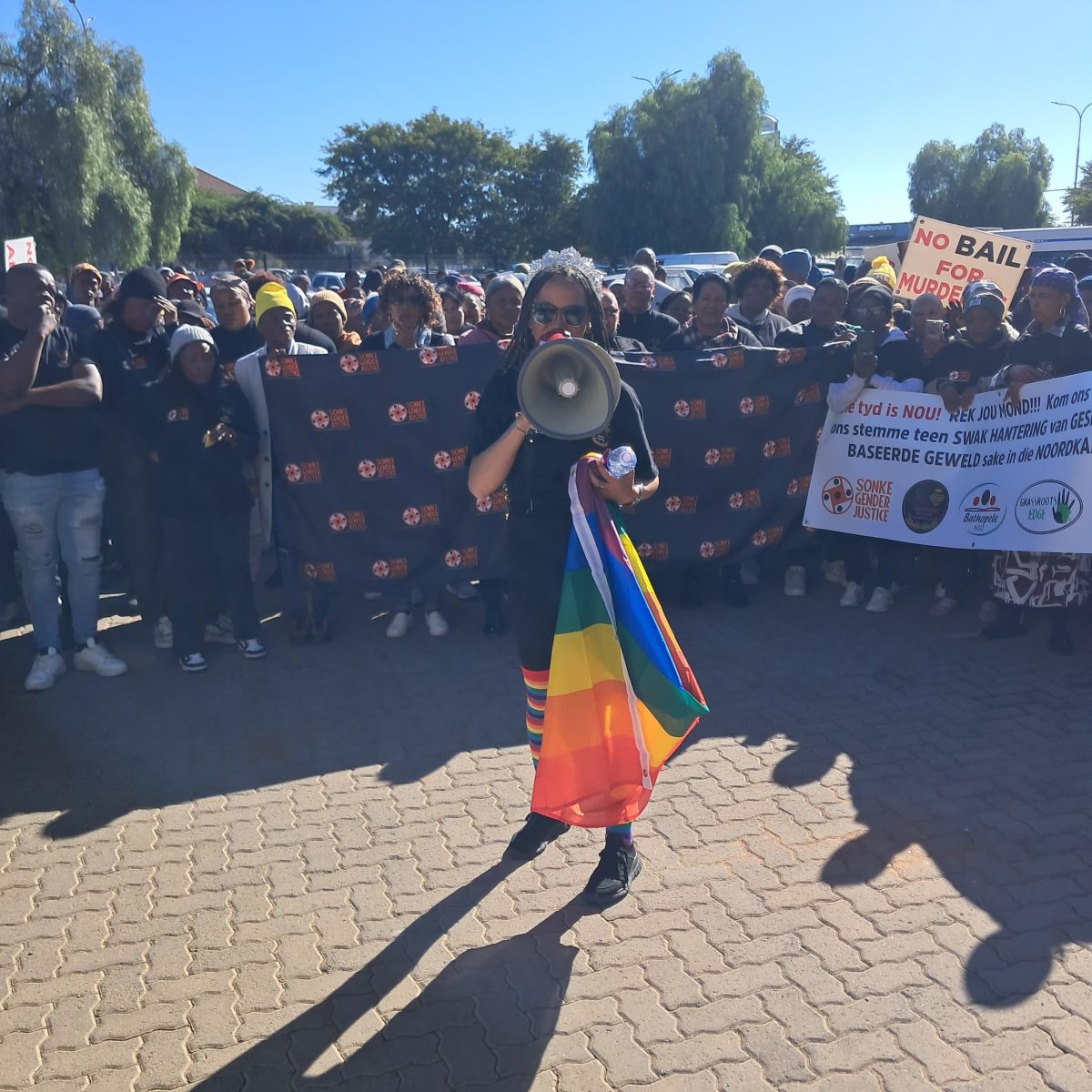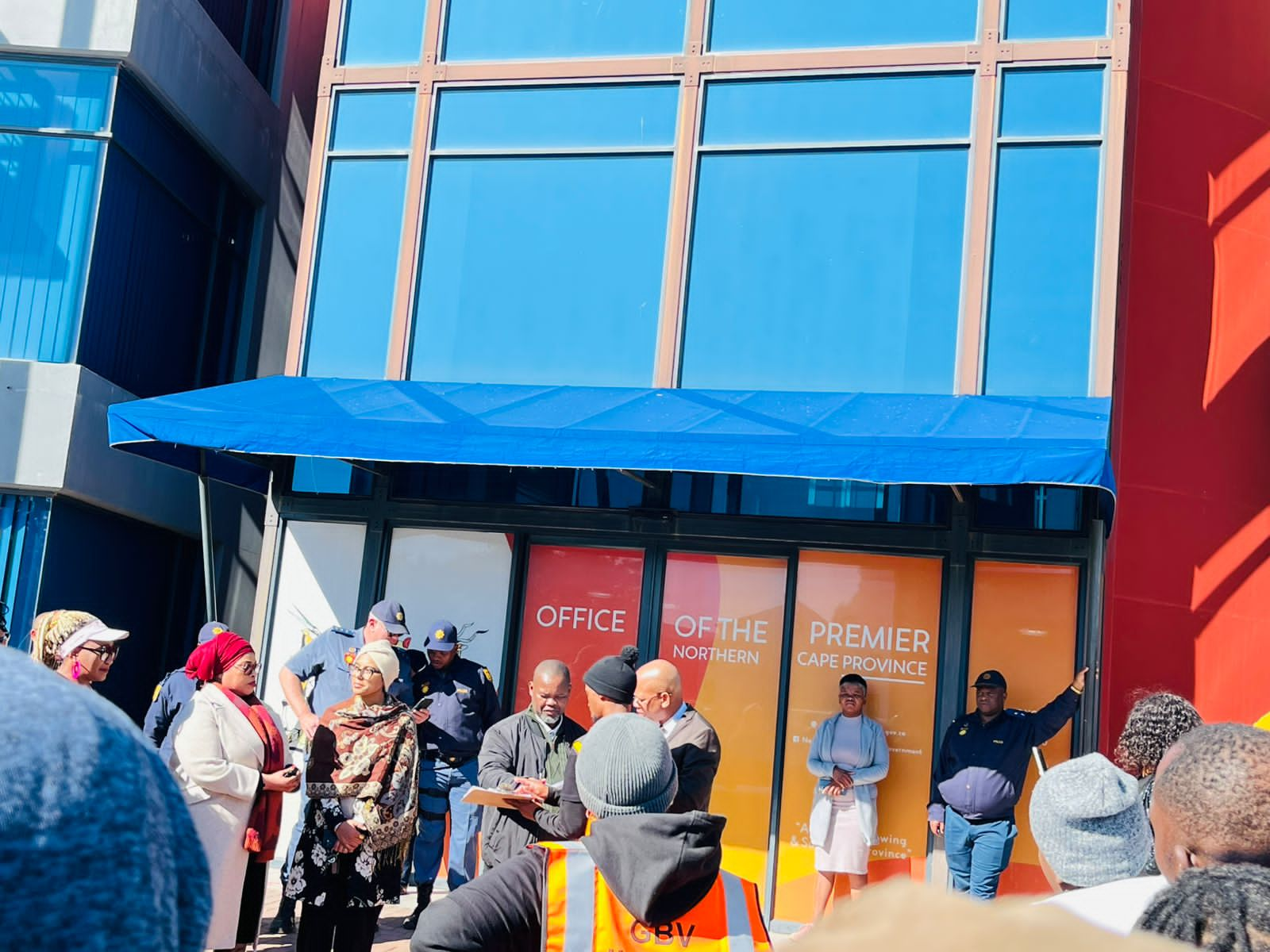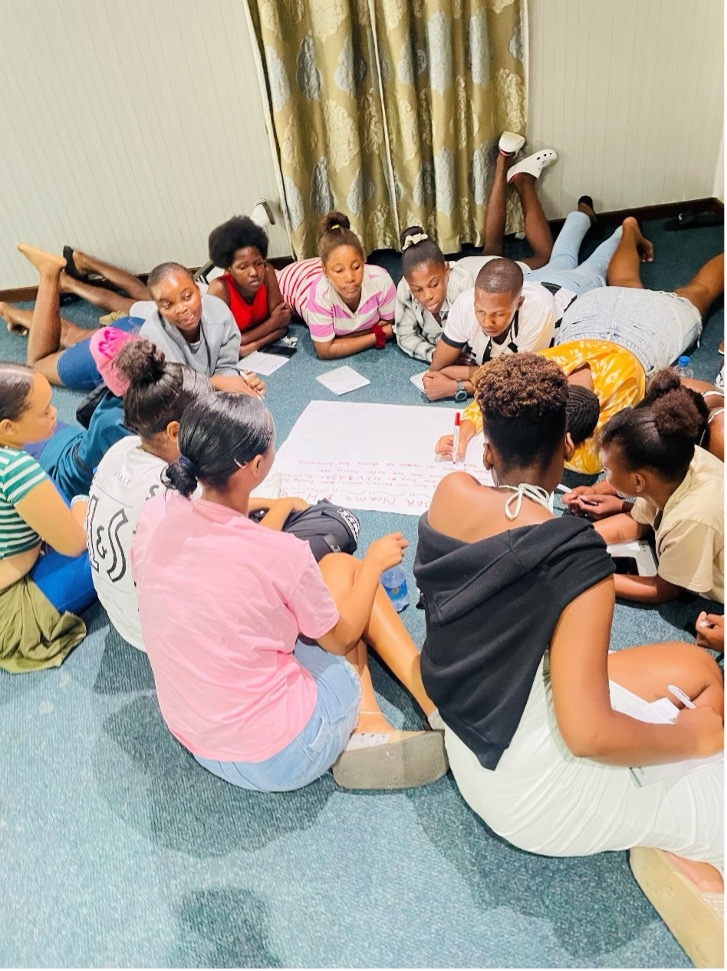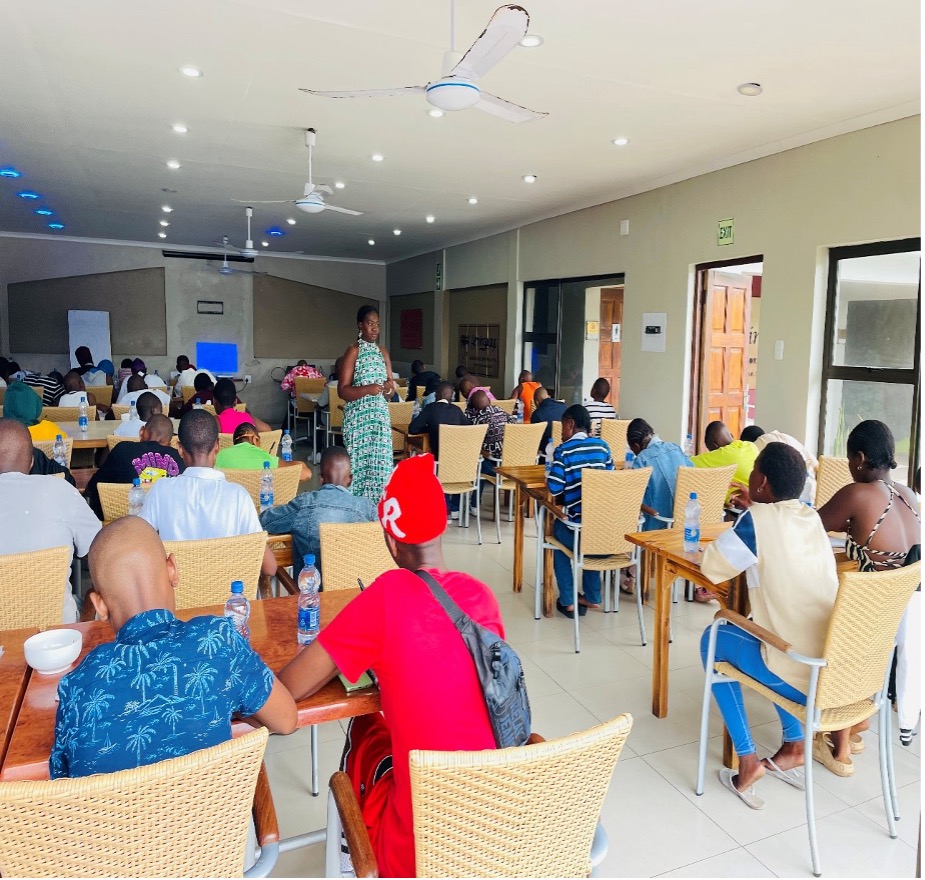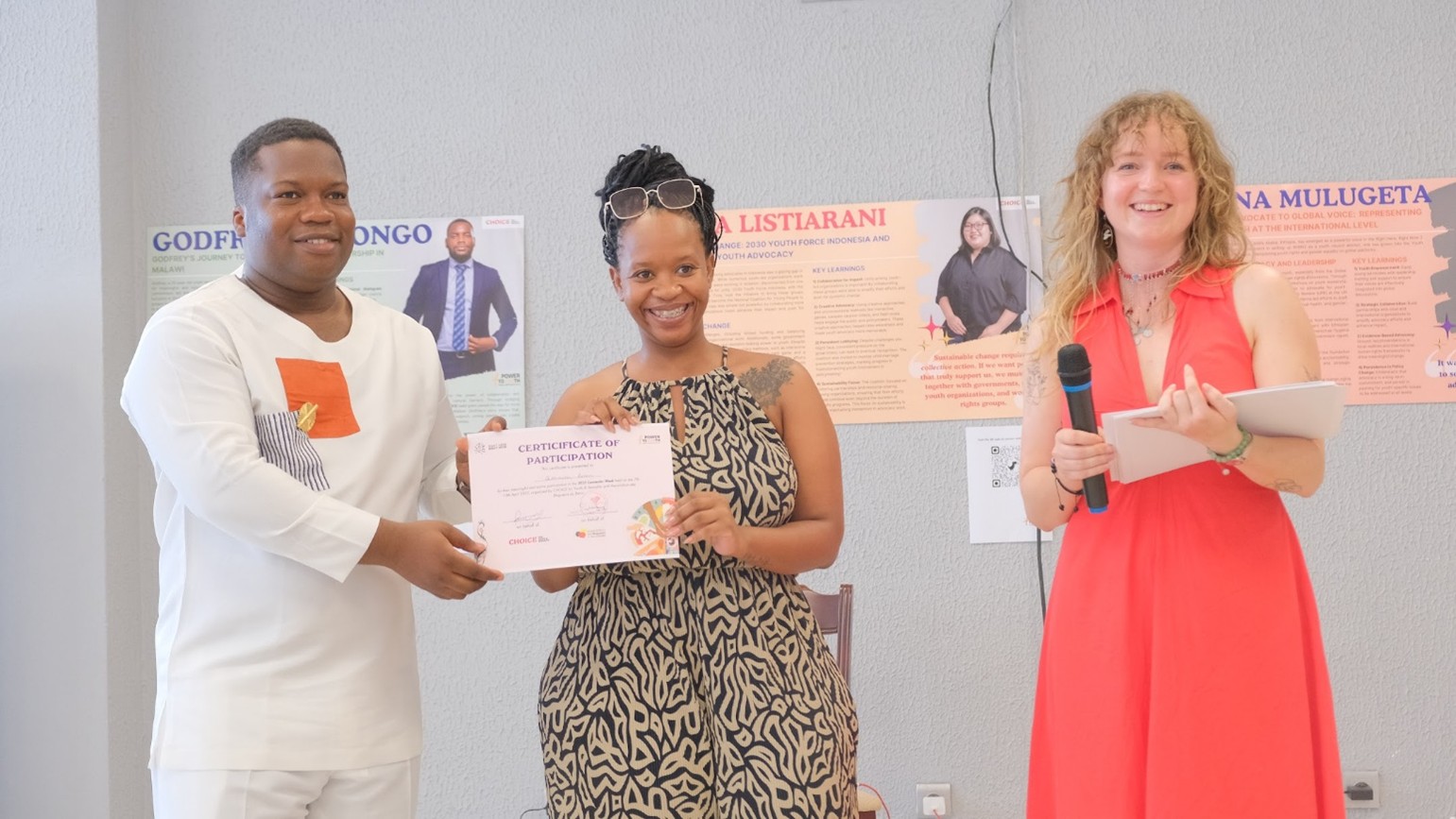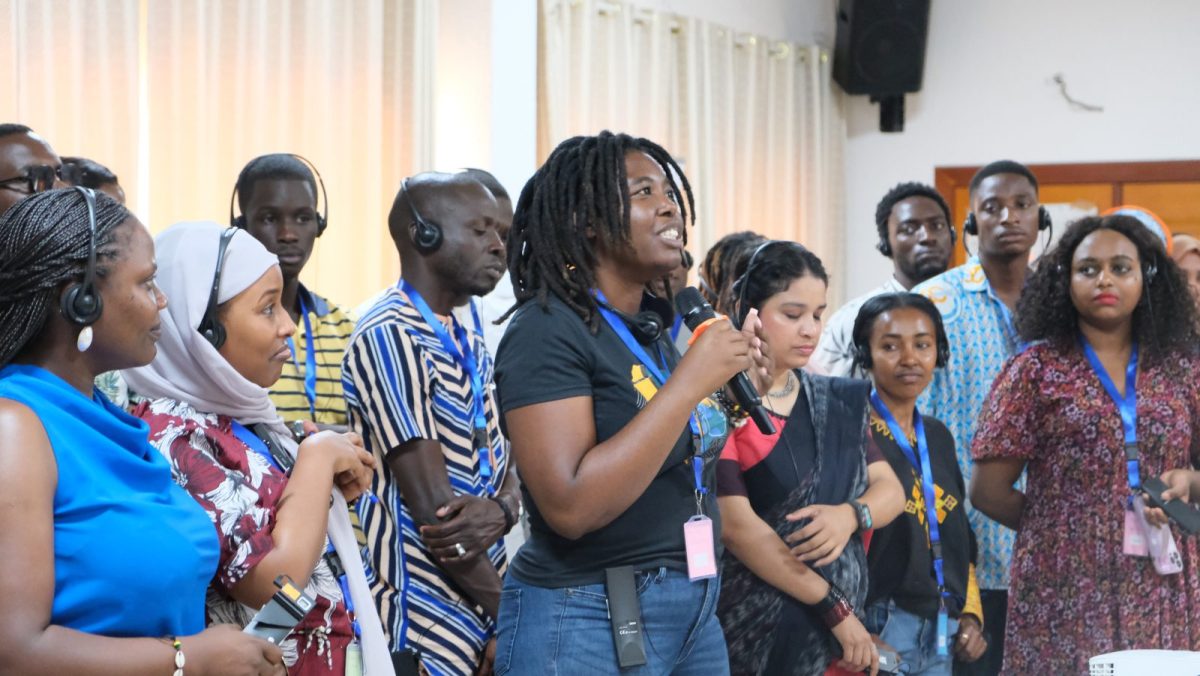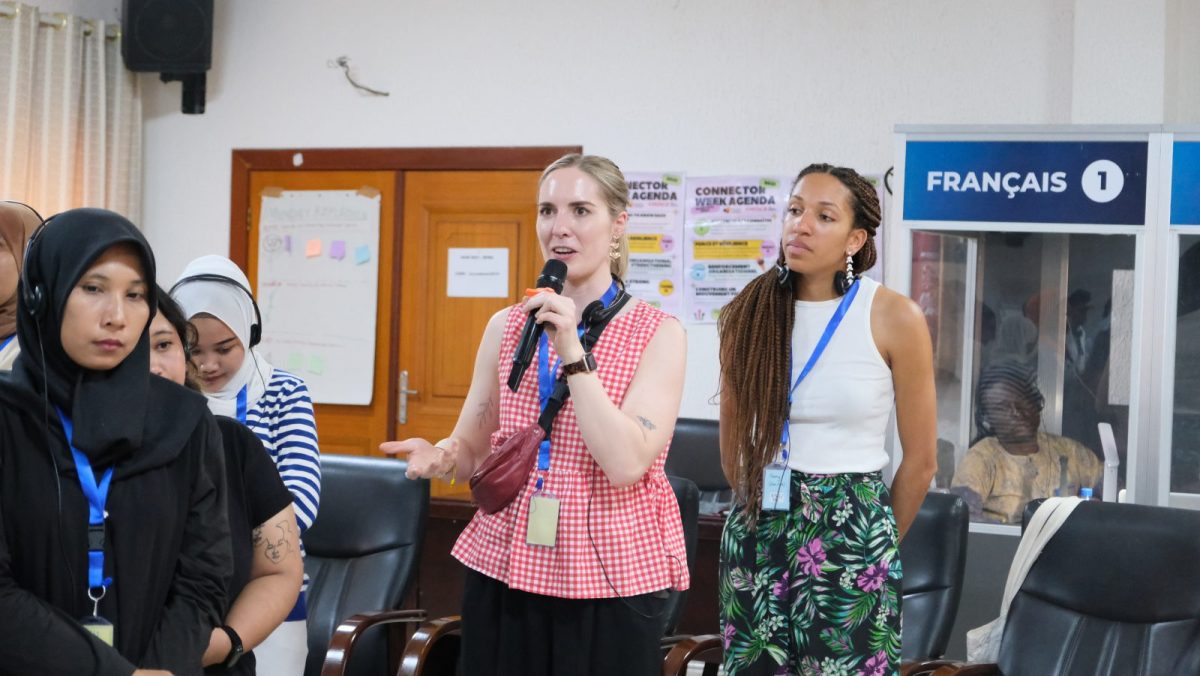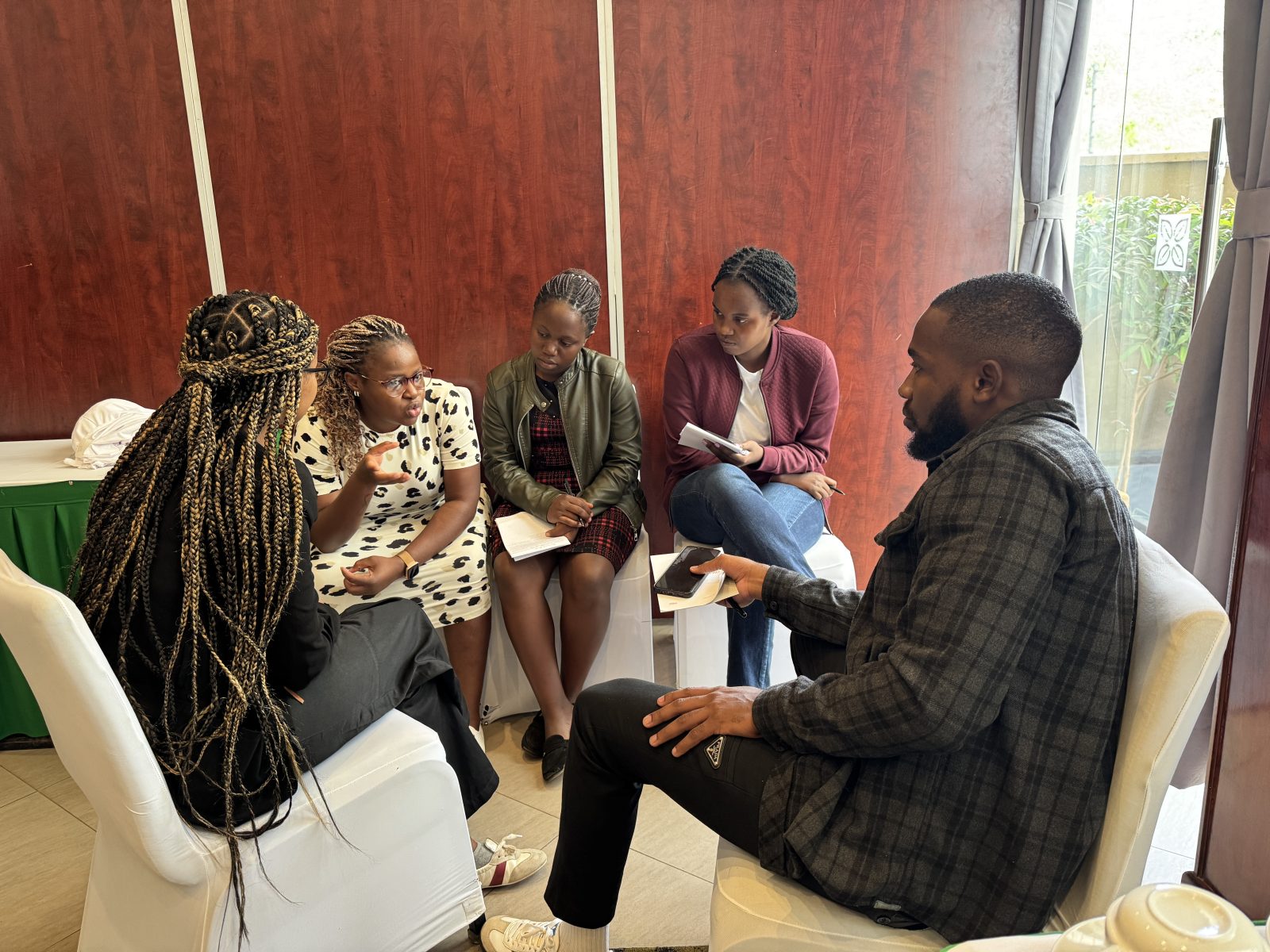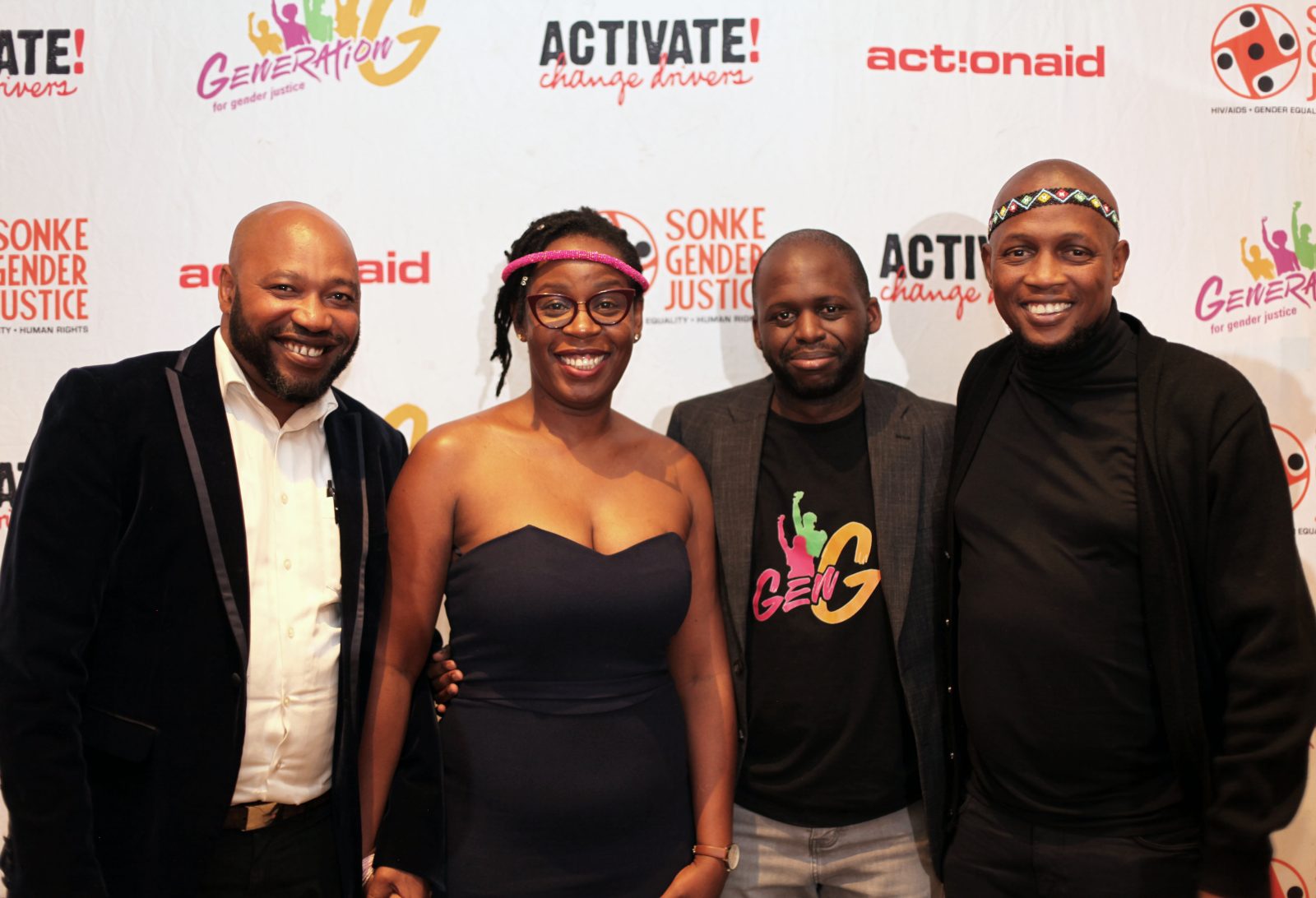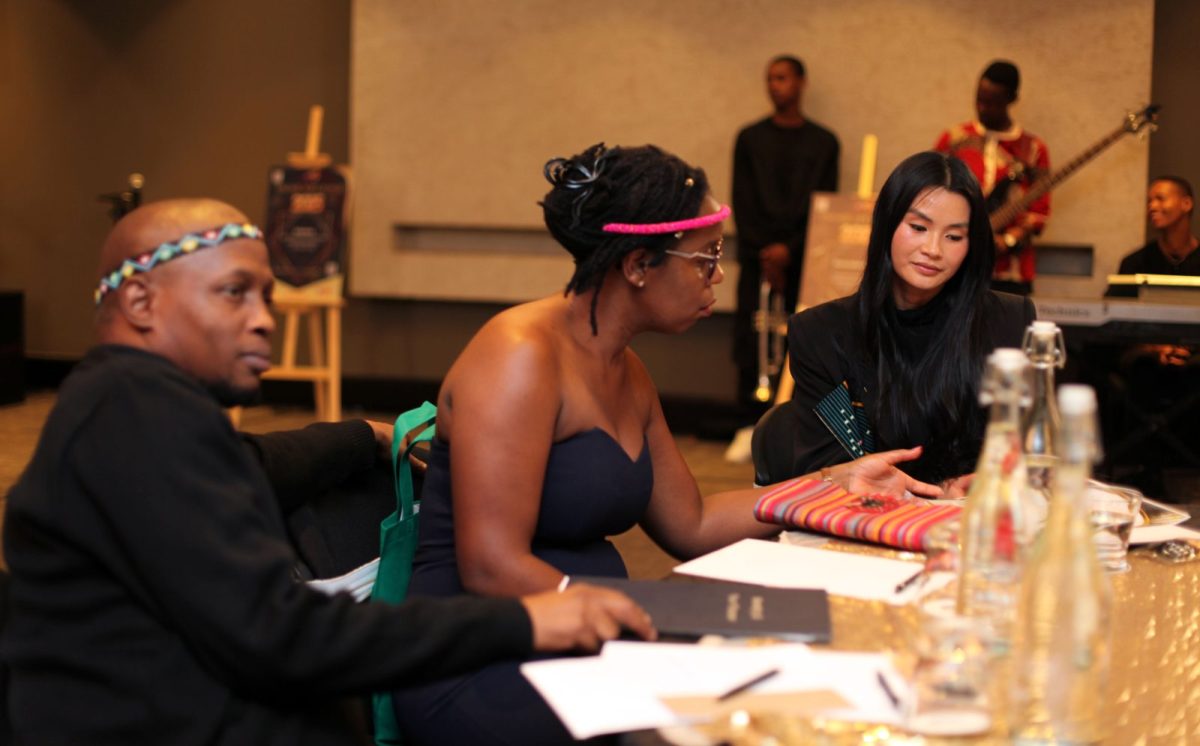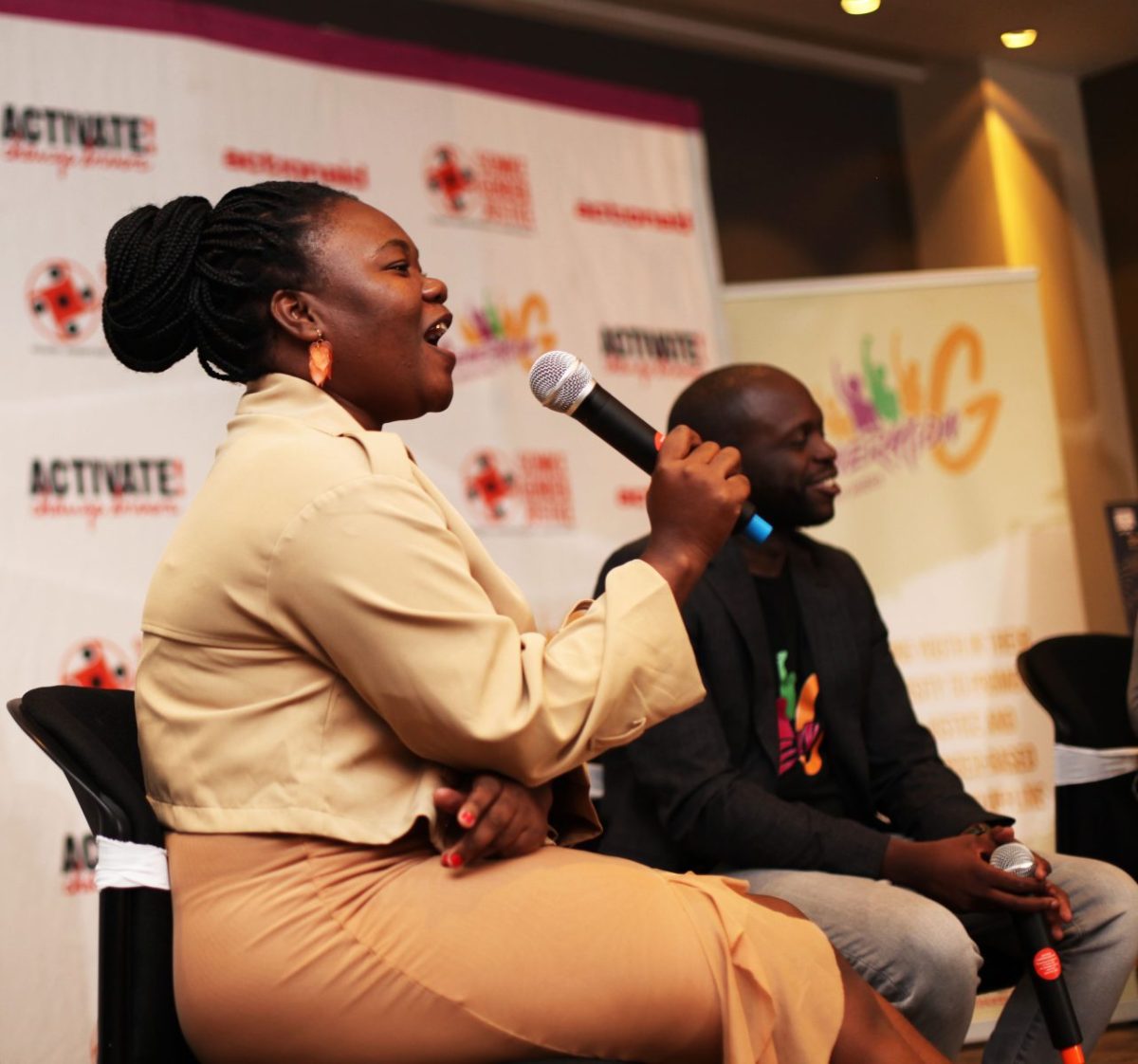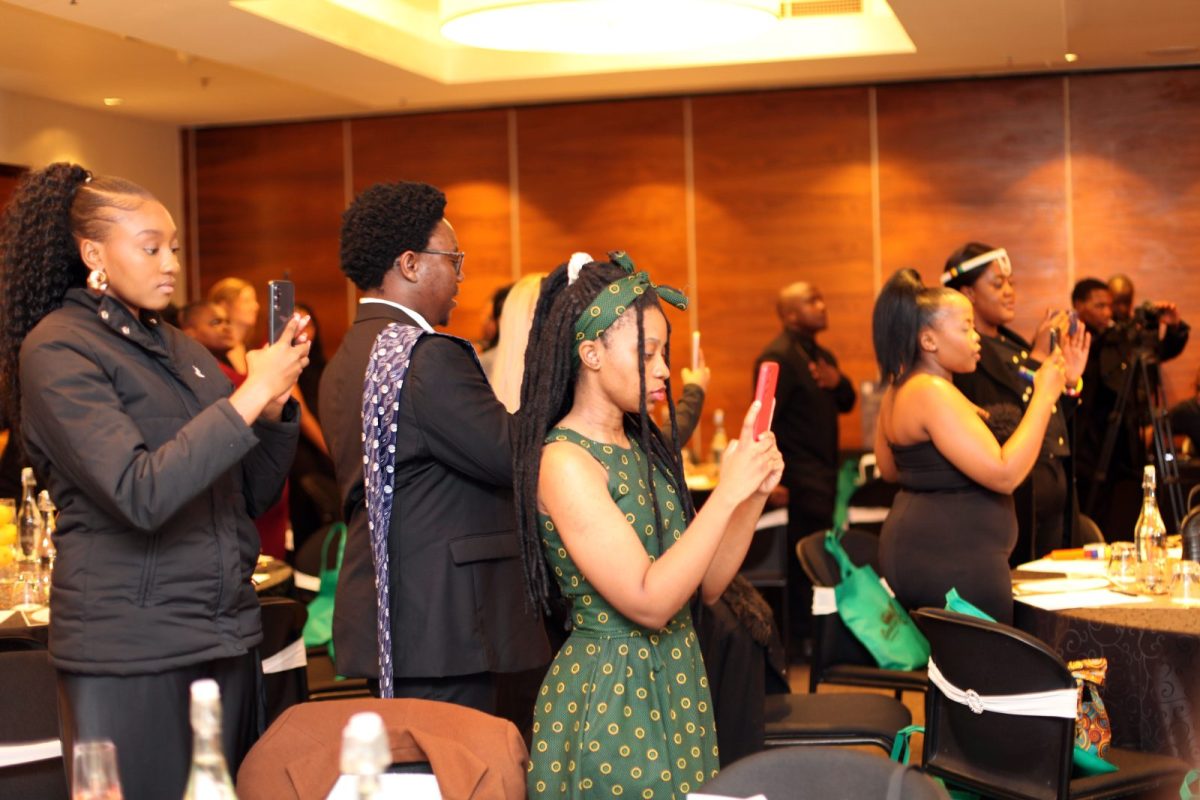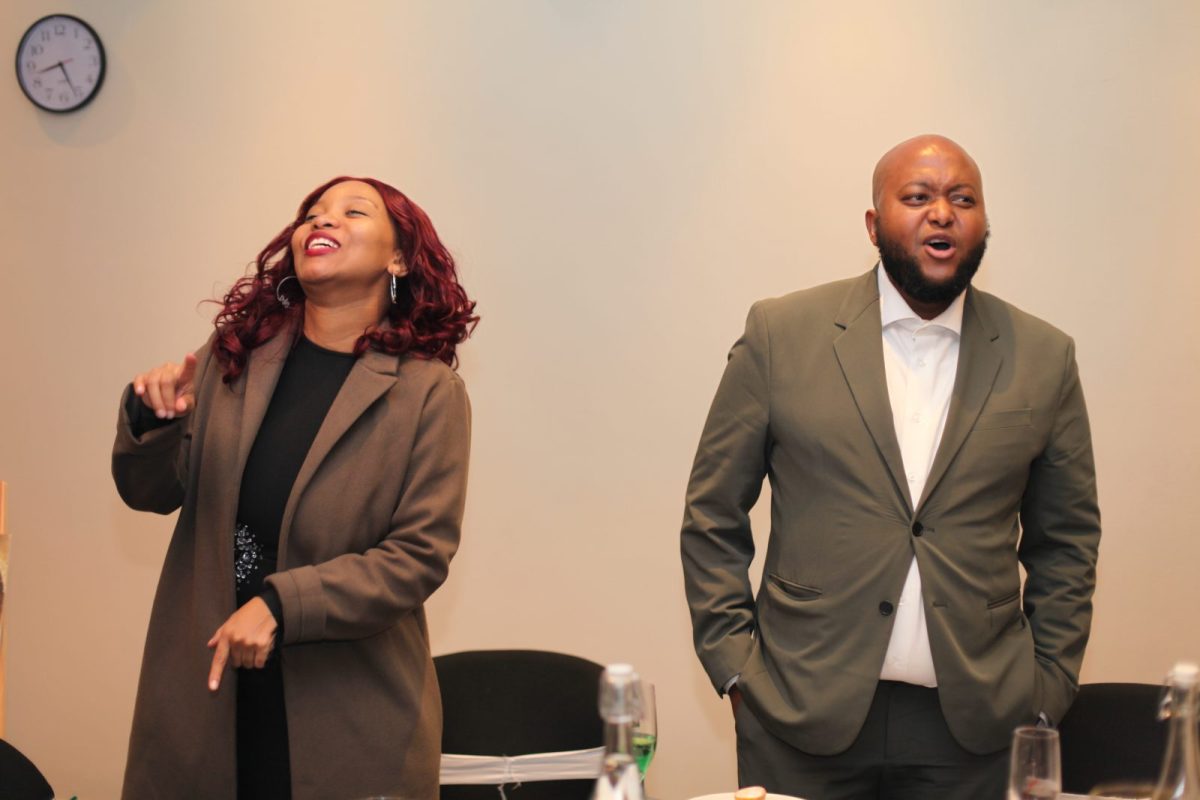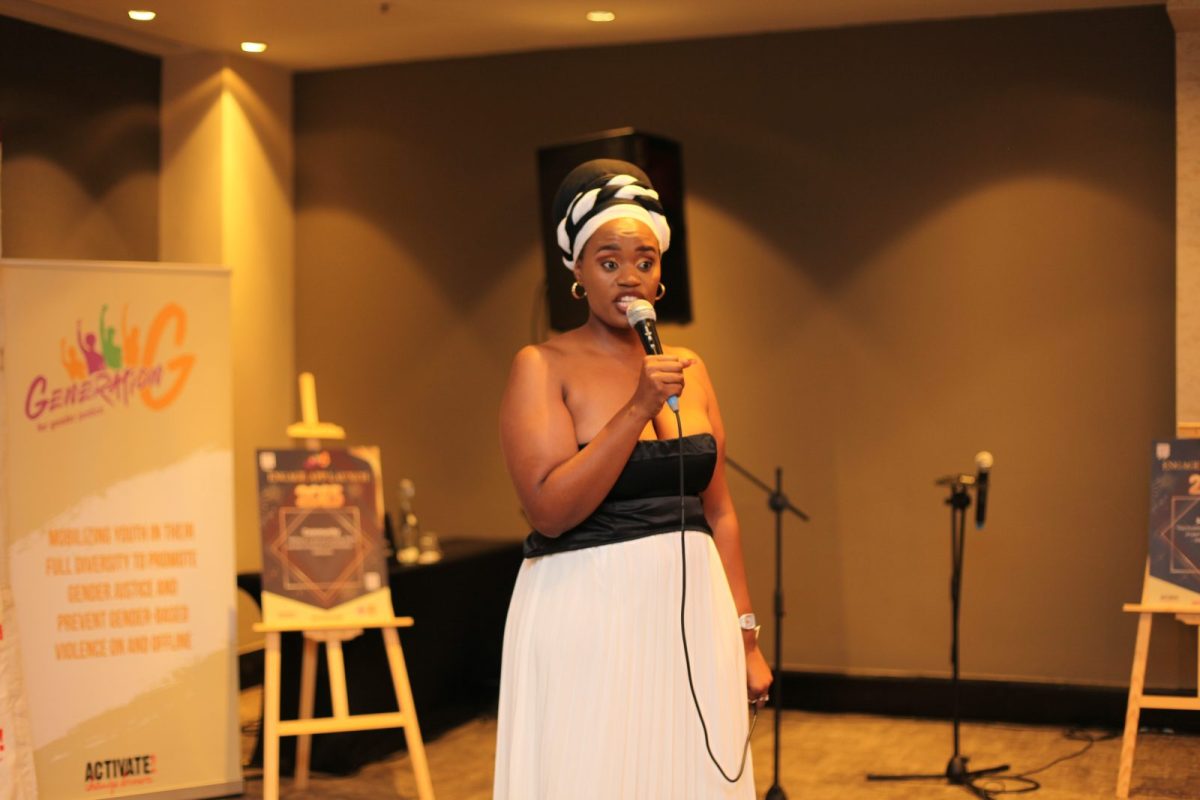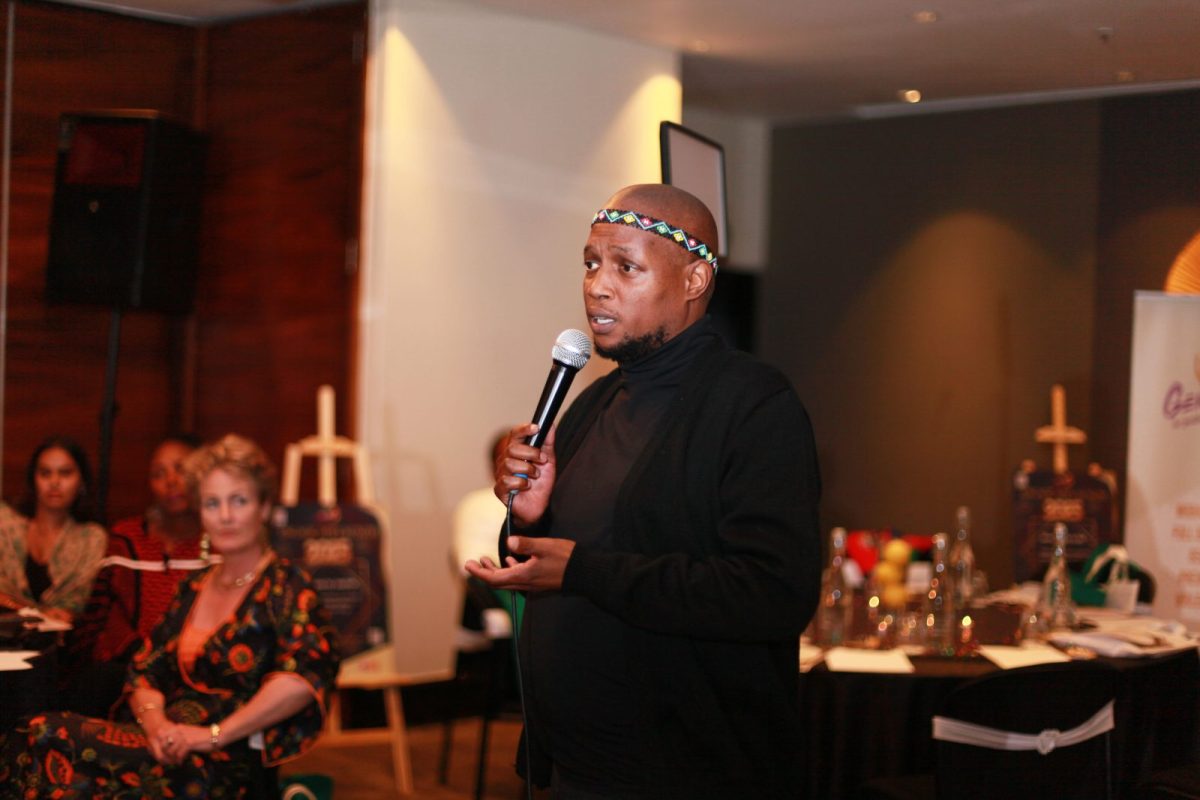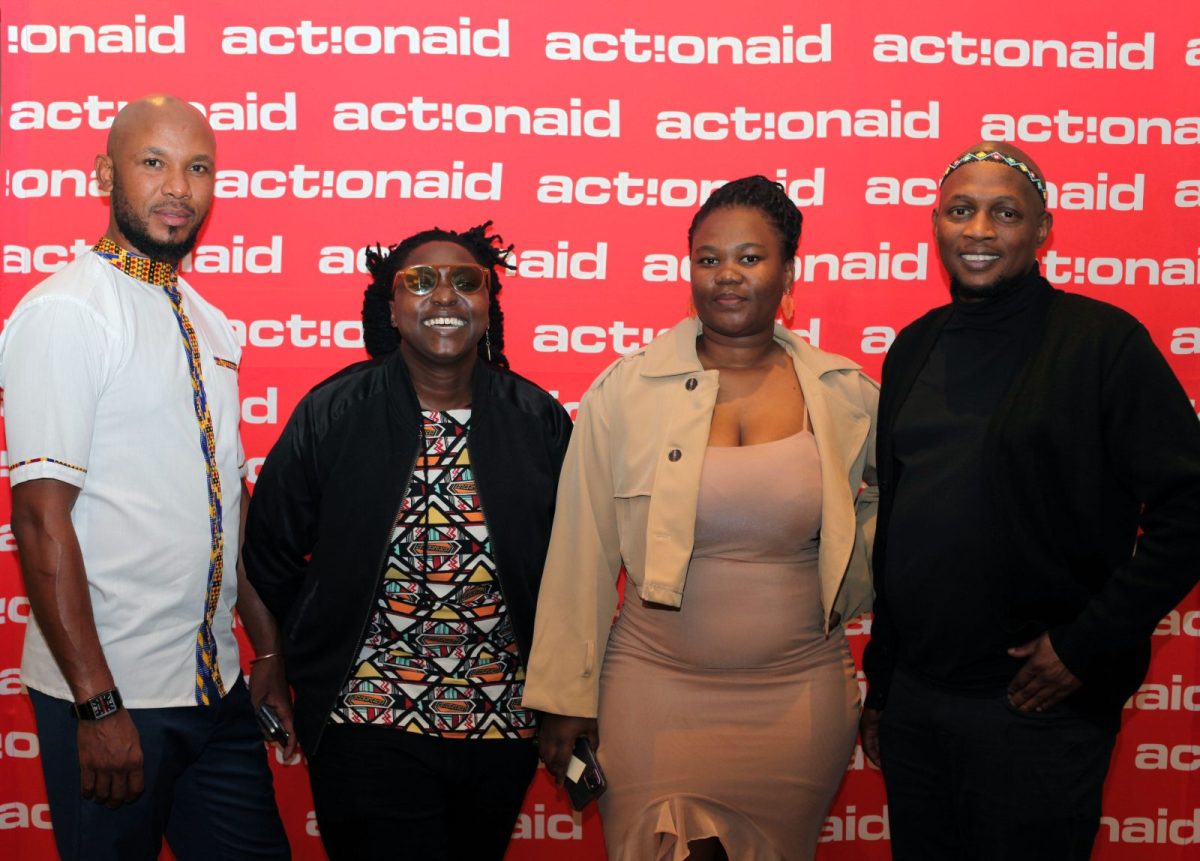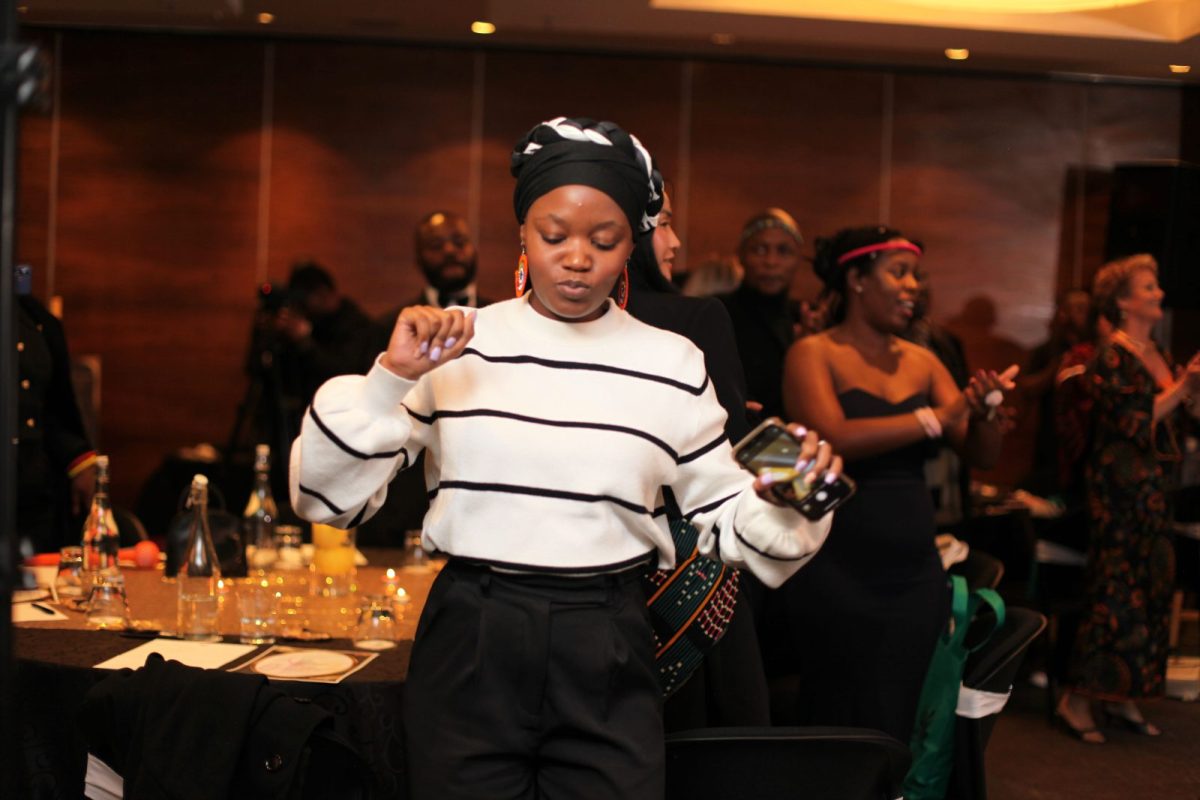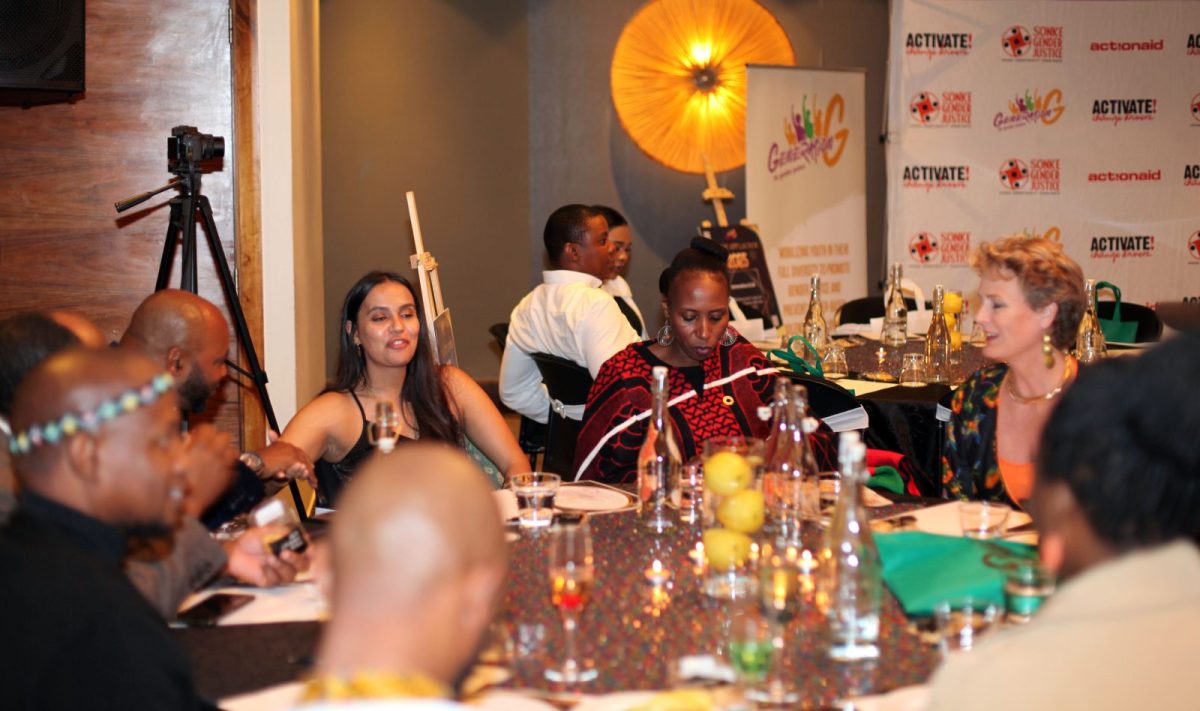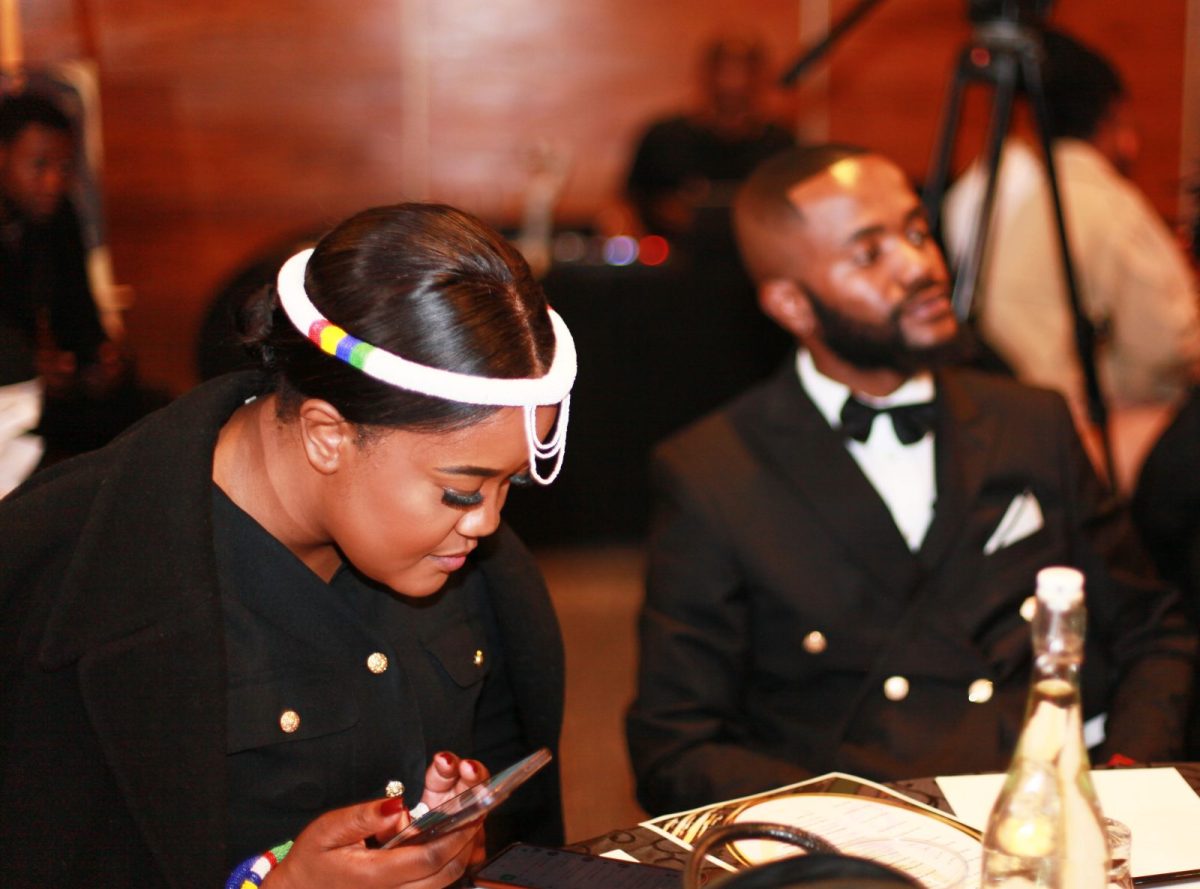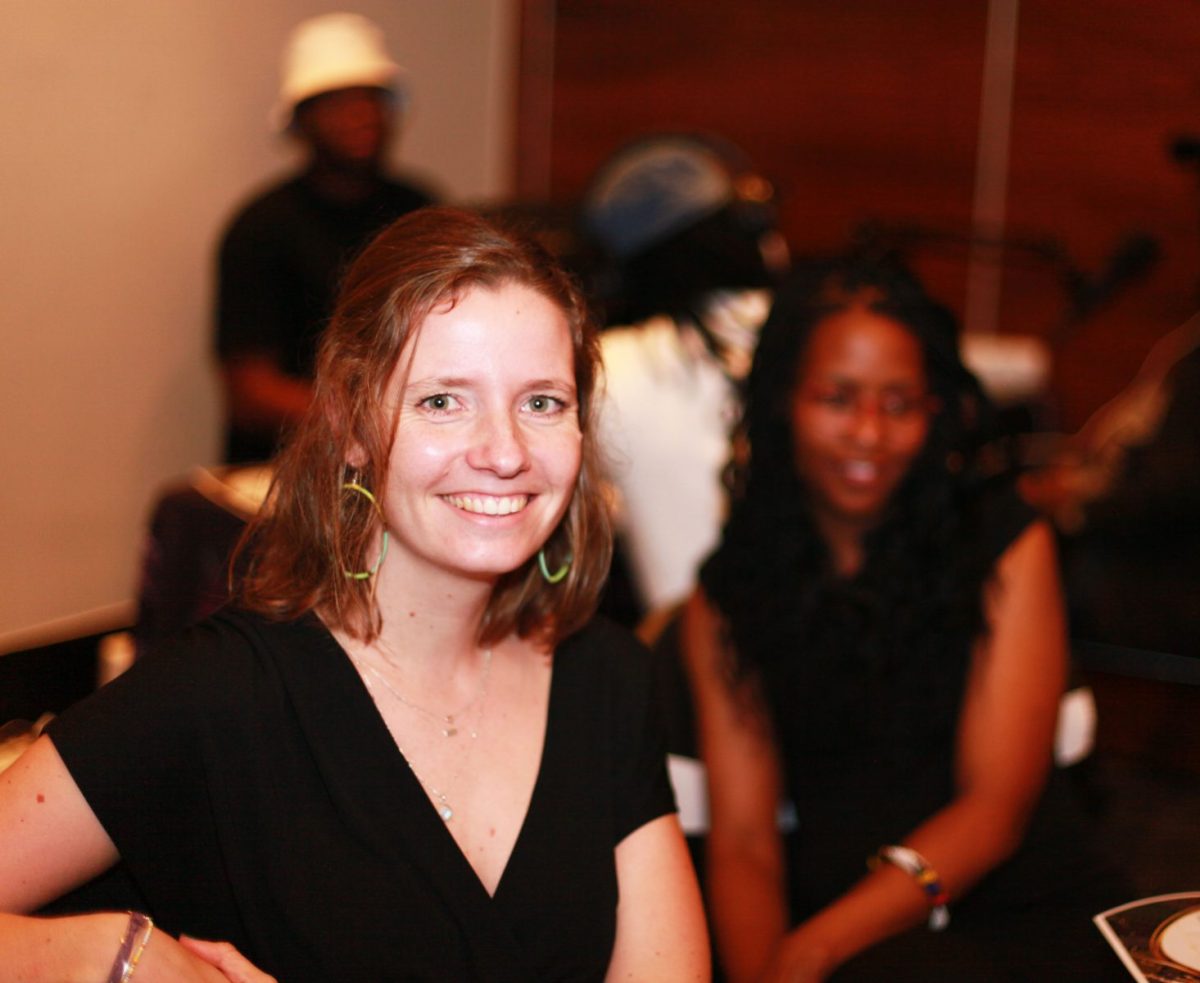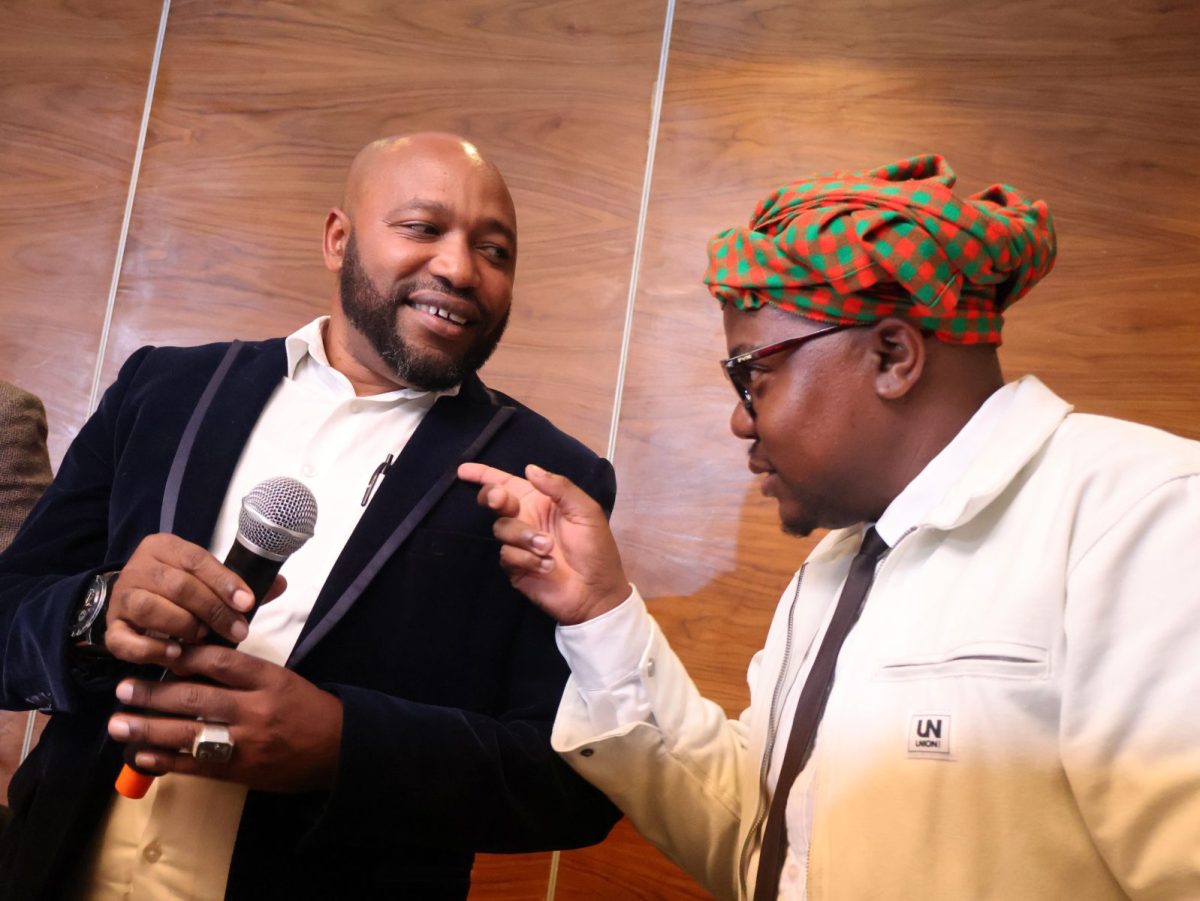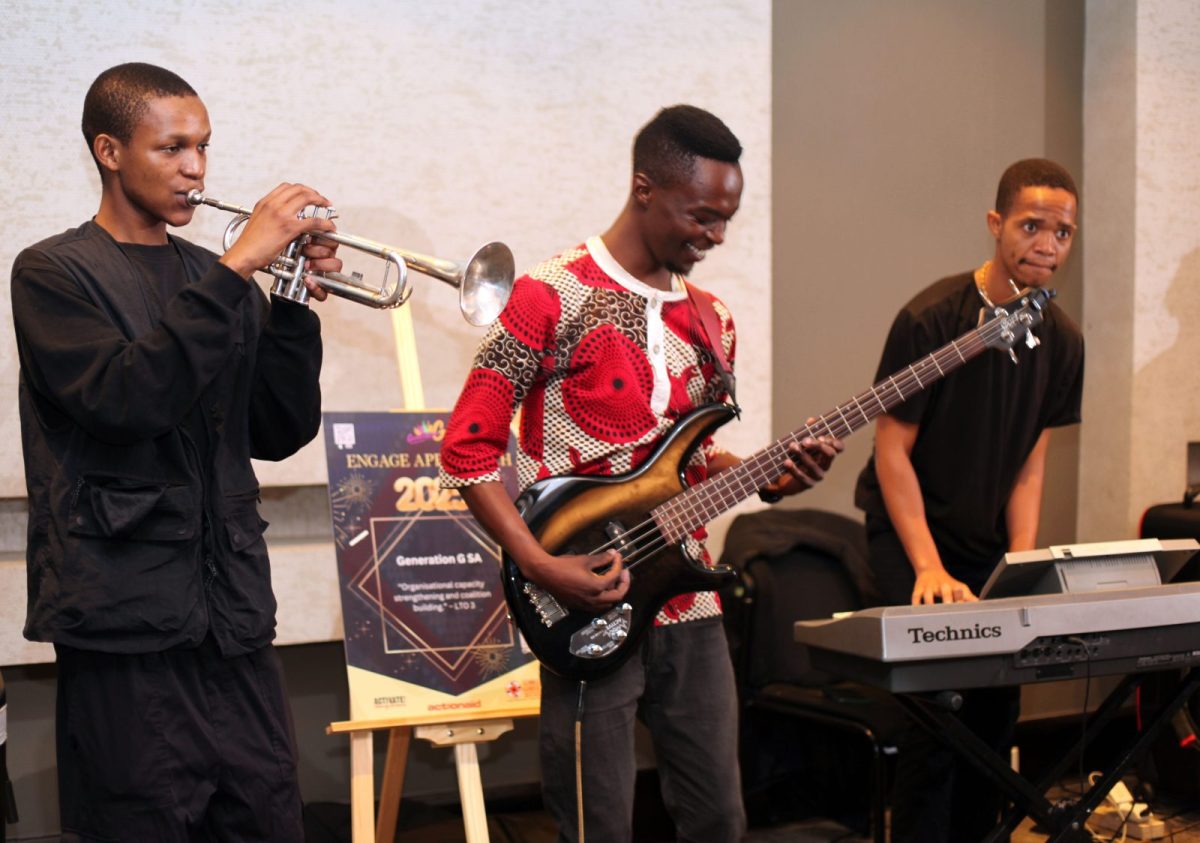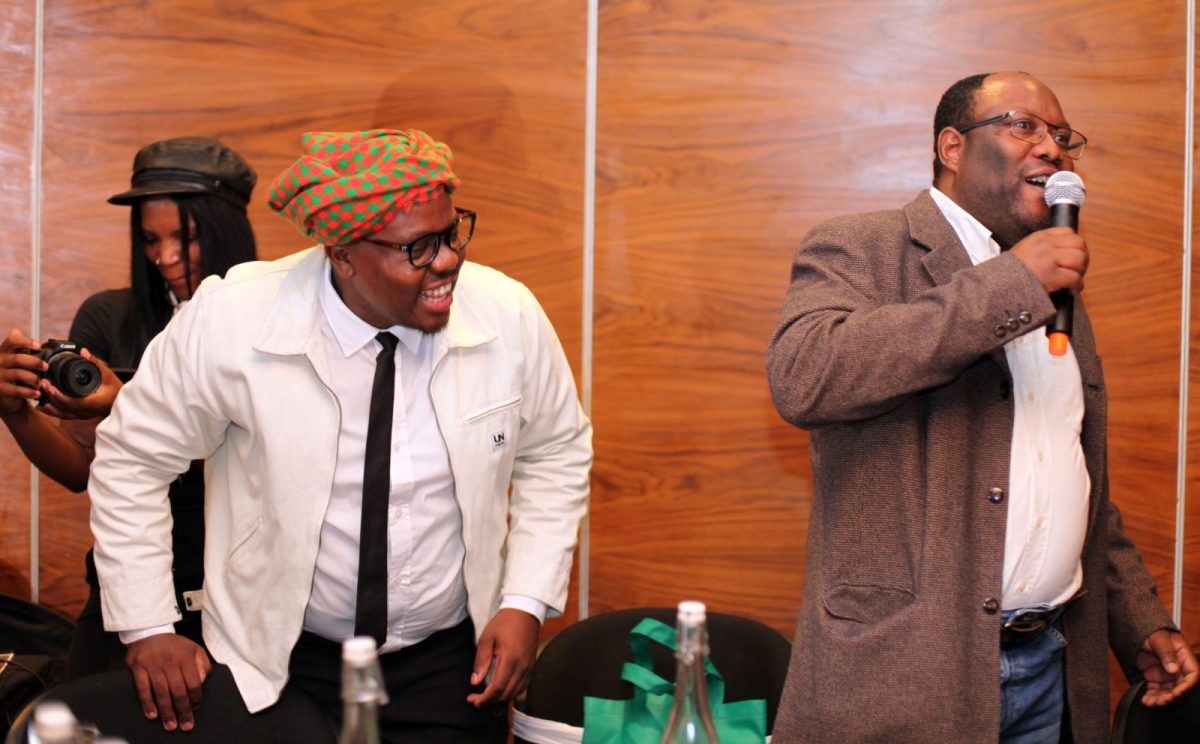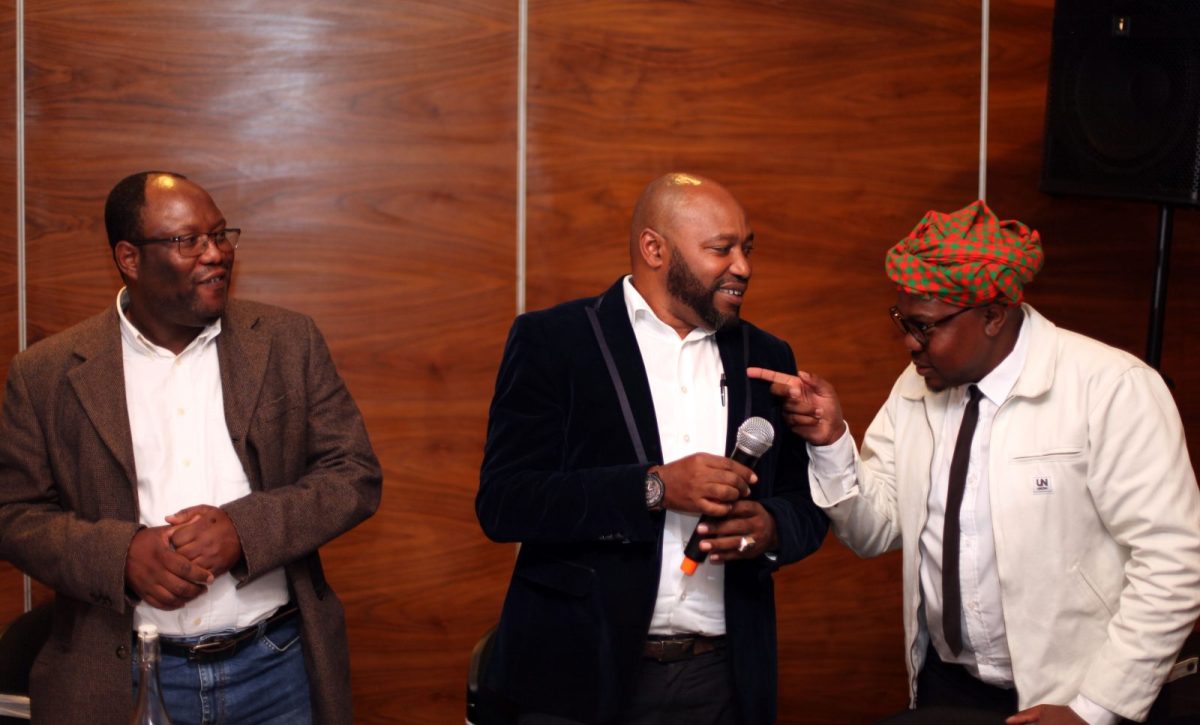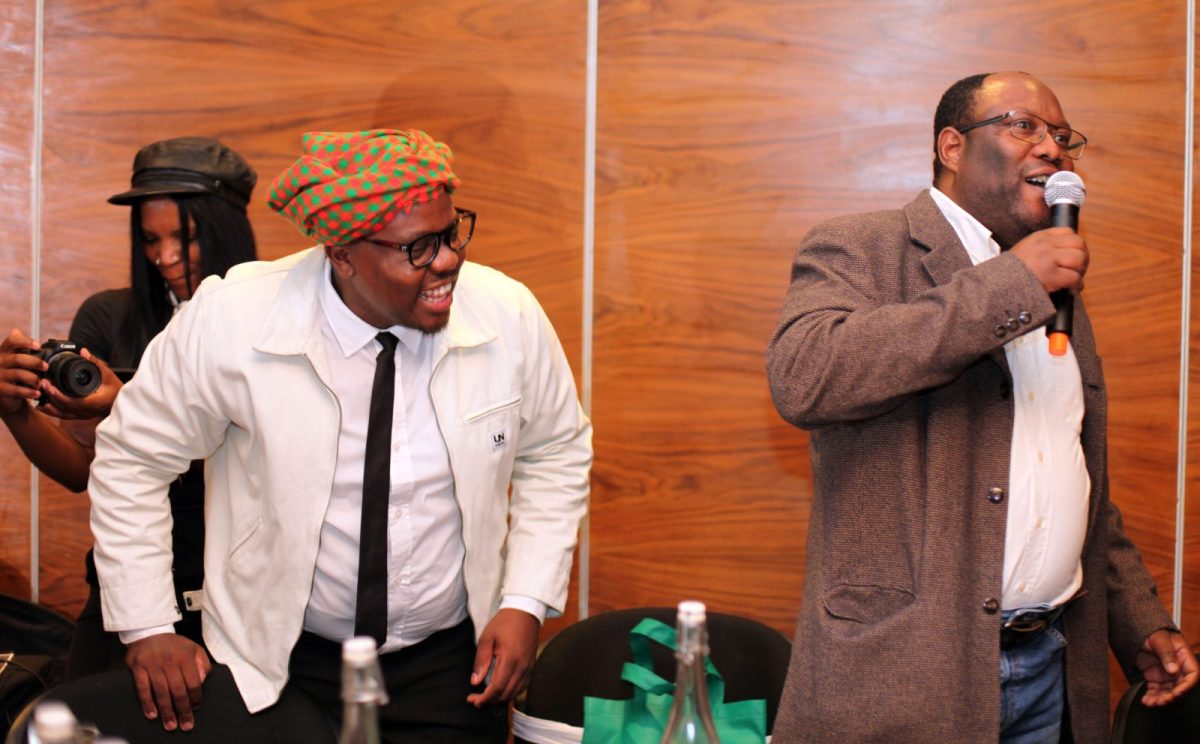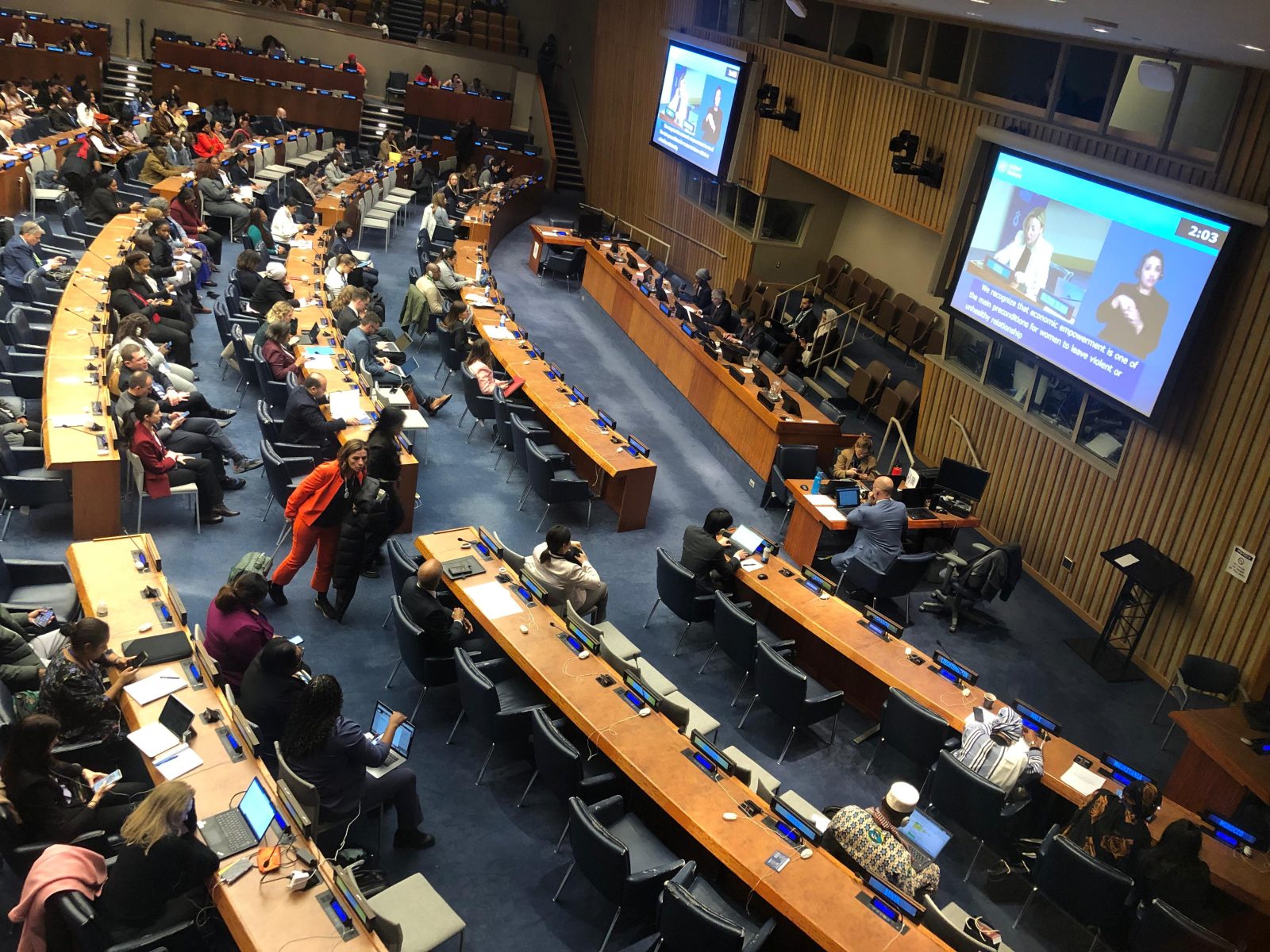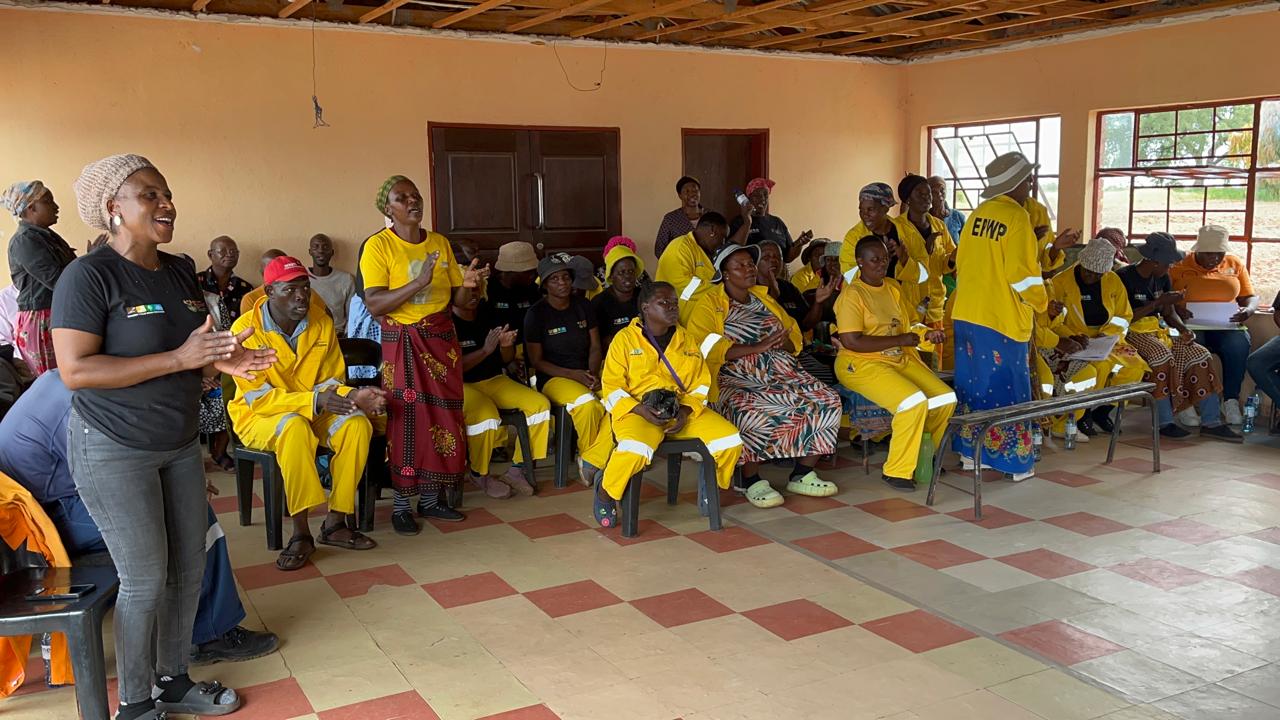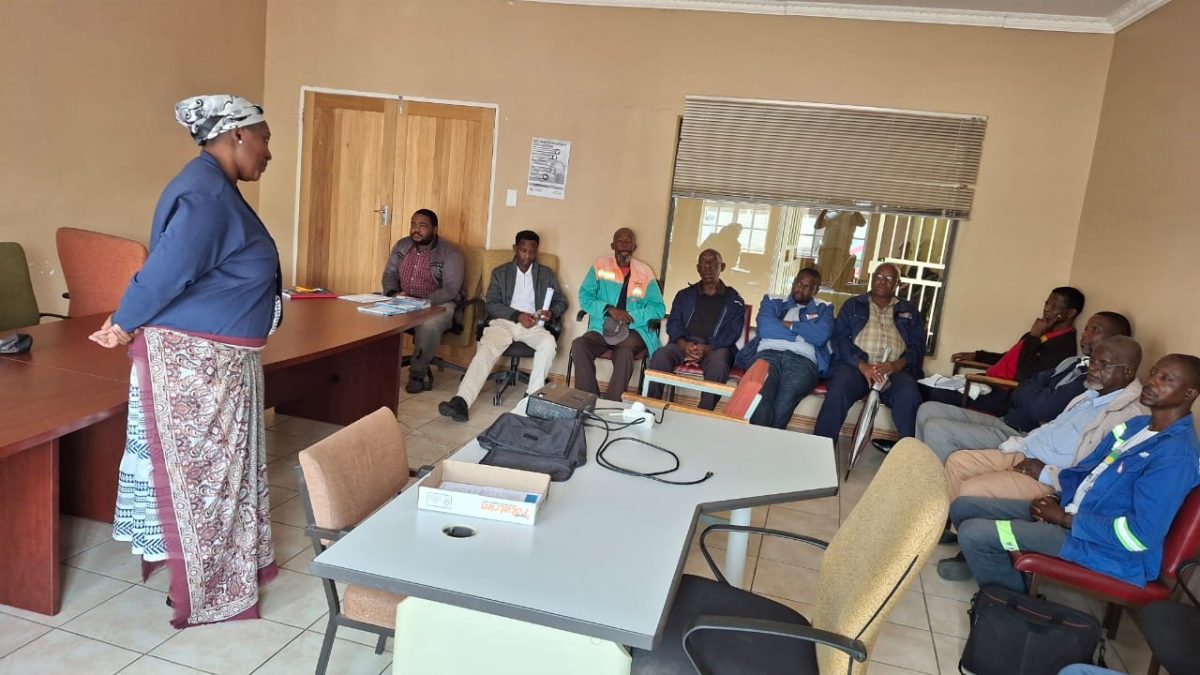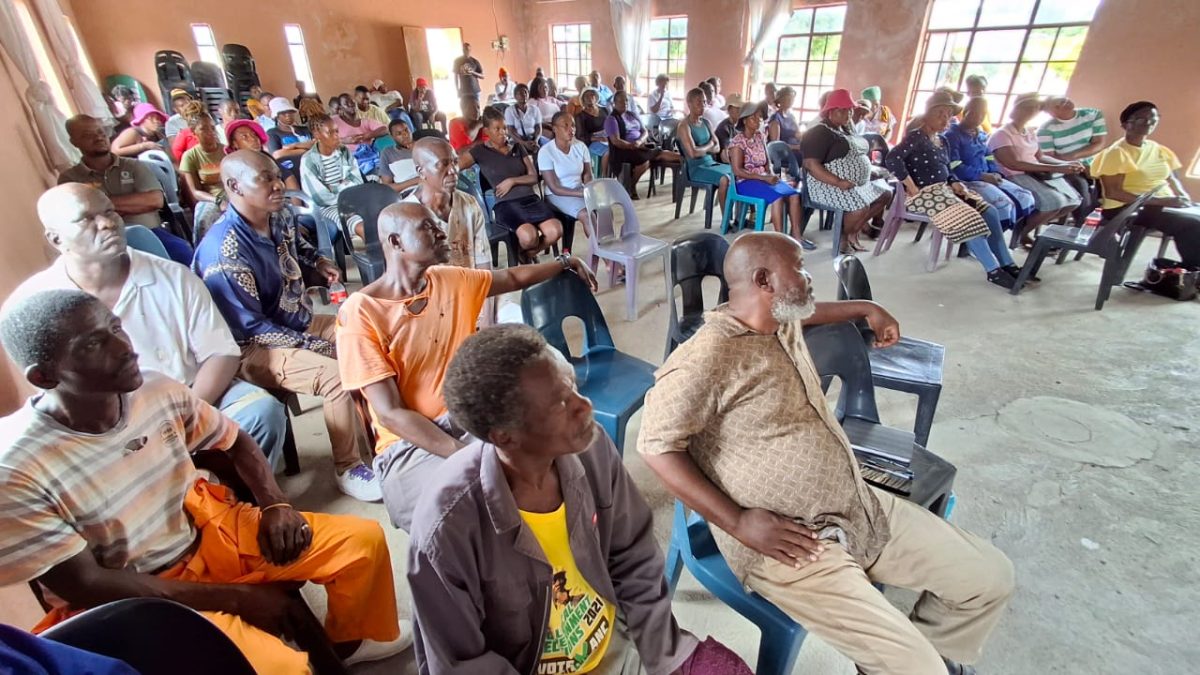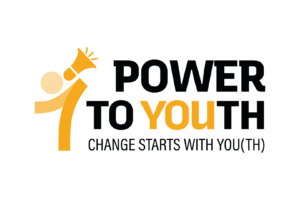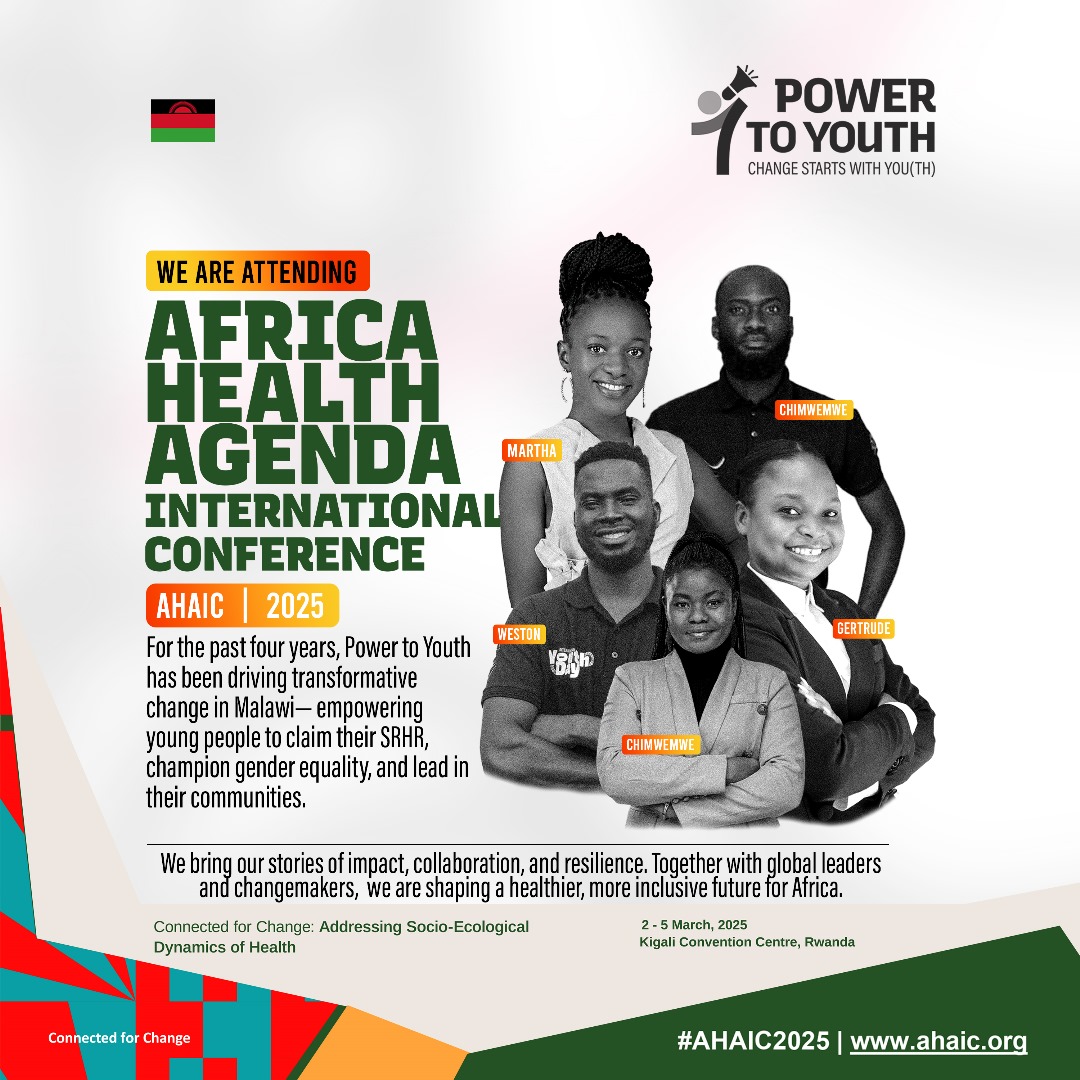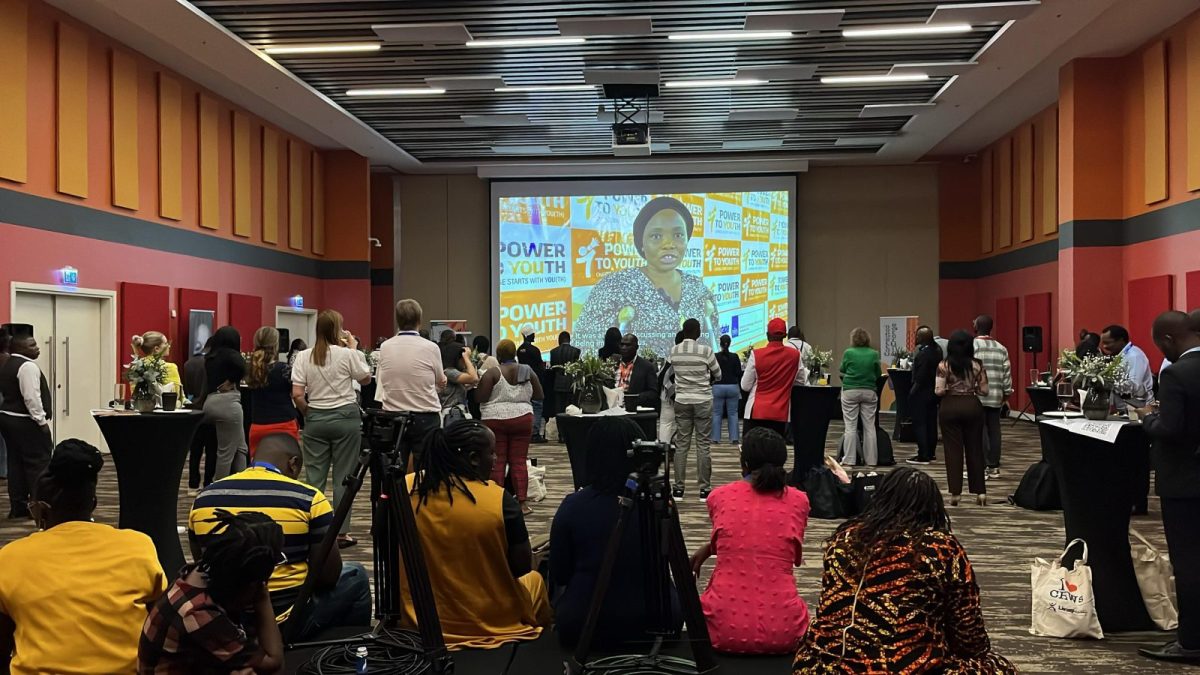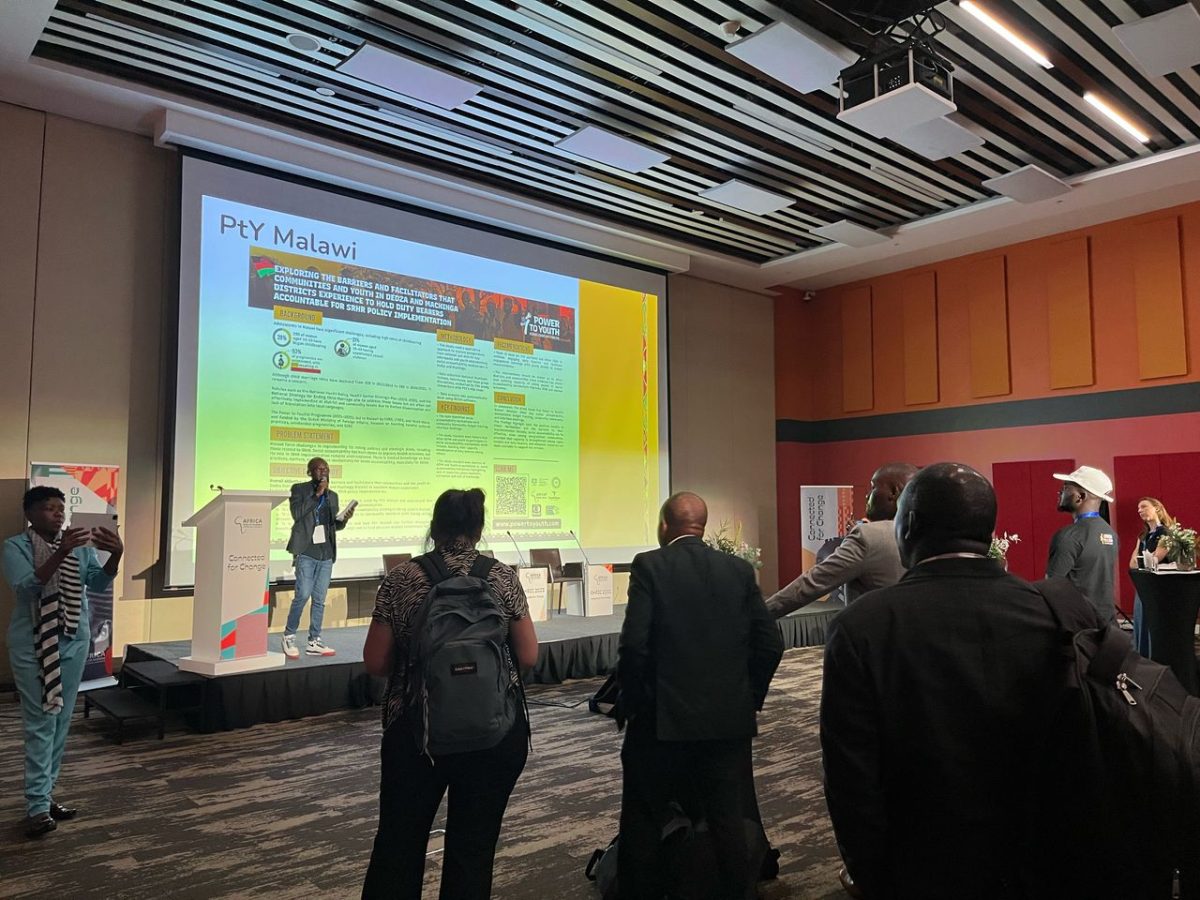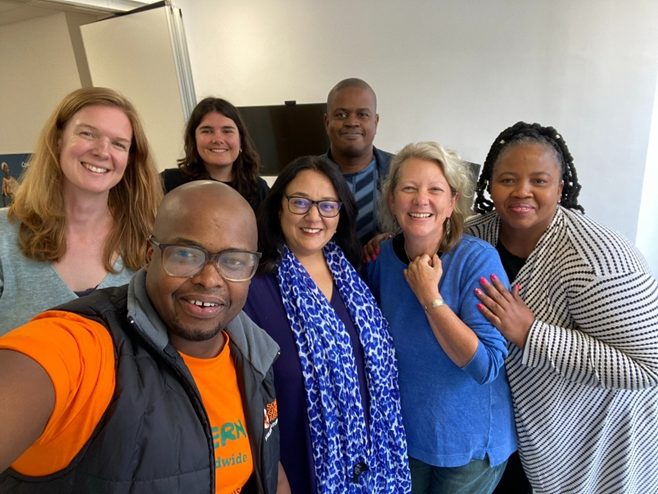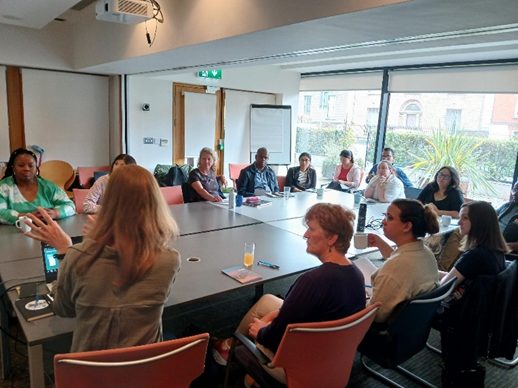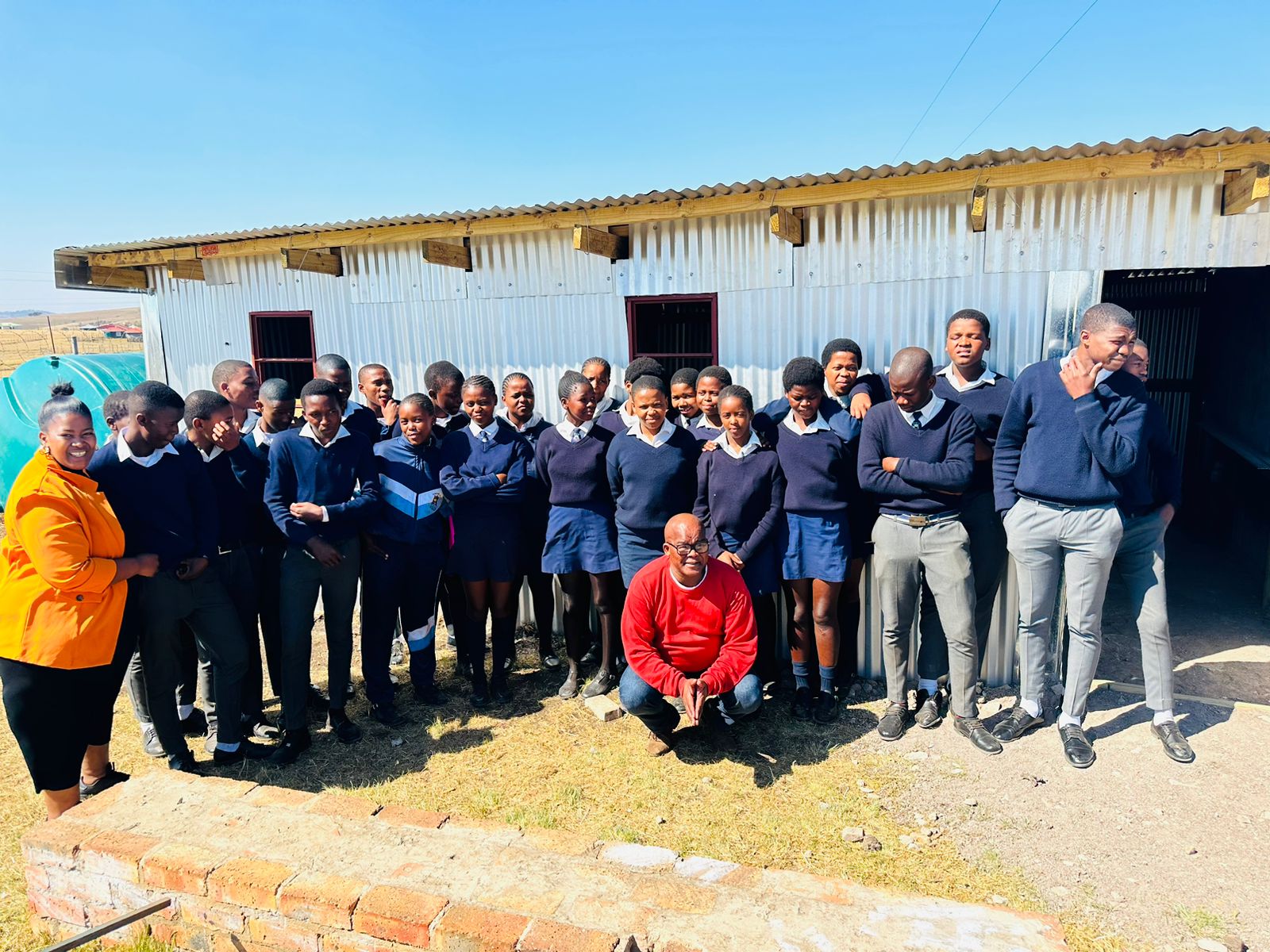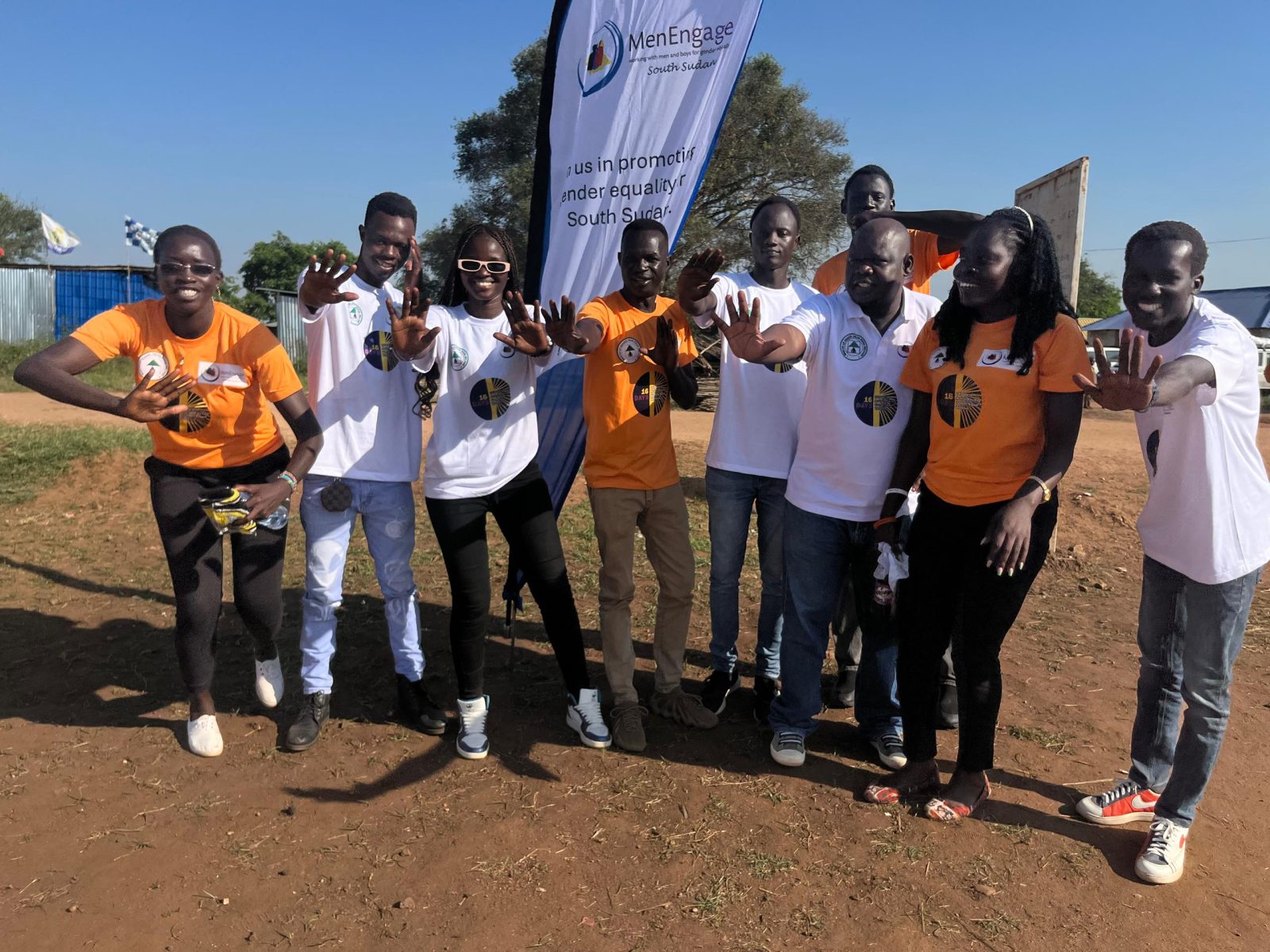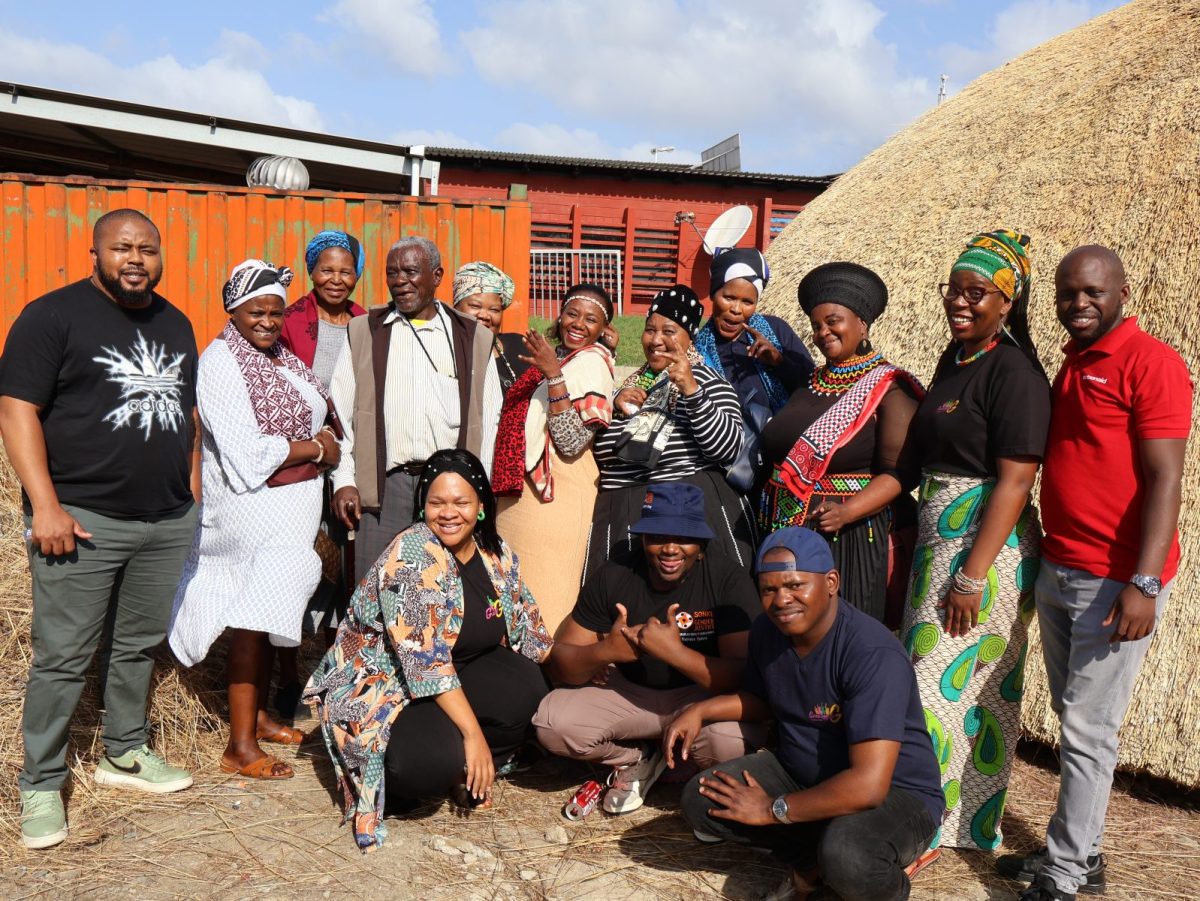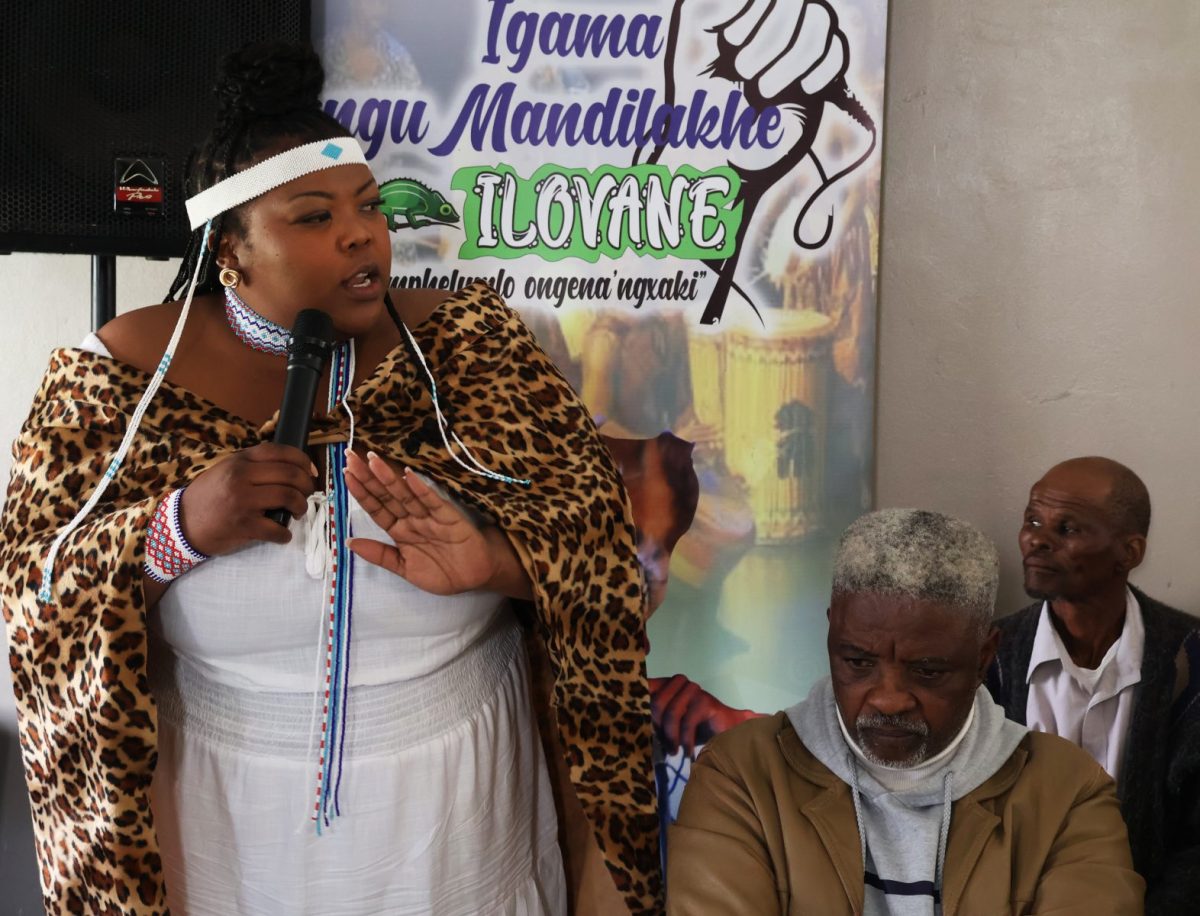‘The event did not only showcase the milestone of the PtY project, but I also witnessed the future of the youths taking space in advocacy matters.’ Zulu, MATI 2024 Alumni.
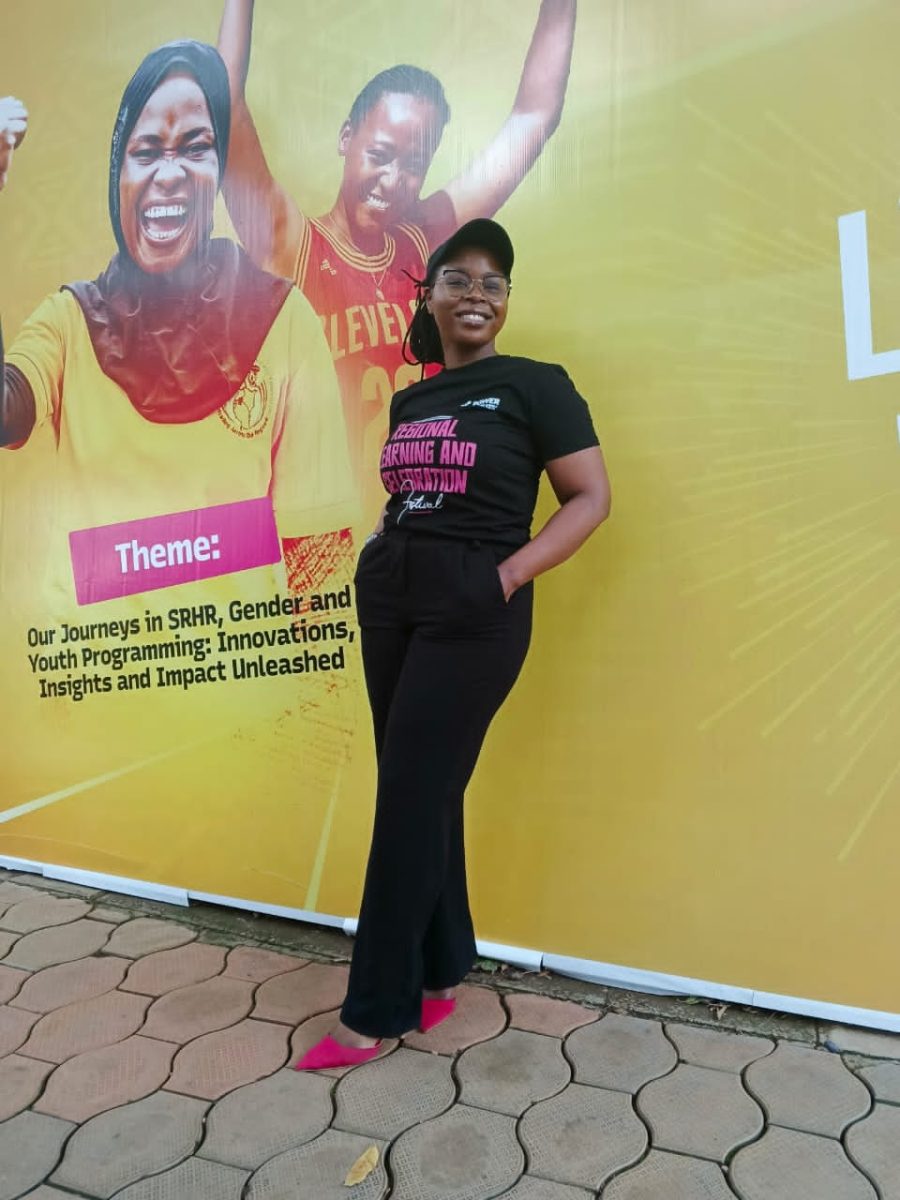
The Power to Youth (PtY) regional learning and celebration festival, which took place at Ndere Cultural Centre in Kampala, Uganda, from 21 to 22 August, was a remarkable engagement with young change makers setting trends to lead and take ownership of their own development needs. The event gathered over 200 young champions, health professionals, government officials and community leaders from various regions. It was two days of appreciating the enormous work of young people in advancing sexual and reproductive health and gender equality in their community interventions.The gathering was a testament to the unwavering innovation and commitment of young people who have been driving change in their communities.
Zulu reflects on four key outcomes that stood out for her
- Sharing and learning from collective best practices, challenges and impactful stories from the project’s implementation of youth advocates, community practioners and leaders, academics and representatives from non-governmental organisations.
- Motivating youth-led initiatives to inspire continued action for youth SRH and gender equality.
- Celebrating the milestones and successes achieved by youth champions, peer educators and partner organizations.
- Broader commitments from stakeholders including government, health providers, community leaders and donors to sustain and scale up the project”
Highlights from key speakers such as Sophia Nabukenya, She leads Program; Bafana Khumalo, Co-executive Director of Sonke Gender Justice and Joyce Nakato, Team leader at Uganda Youth and Adolescent Health Forum commended the project for its youth inclusion approach, the never-ending spirit of unity to advocate for visible change in SRH matters. They also appreciated the resilience of young people and the importance of leveraging youth innovation and determination to accelerate sustainable development goals.
“The future is not waiting for us, we are shaping it right here, right now, let’s dream big ,speak boldly and celebrate everything that makes the #PowerToYouth program memorable and unstoppable.” As Co-executive Director of Sonke Gender Justice, Bafana Khumalo remarked during his opening address at the festival.The heart of the event was powerful stories of change videos from the youth champions who joined the project with the intention of shaping and revamping their lives for the better. Some of the key factors from the learning stories were the males as allies of changing the narrative of gender roles, dismantling harmful practices such as child marriages and intimate partner violence within the home setting.
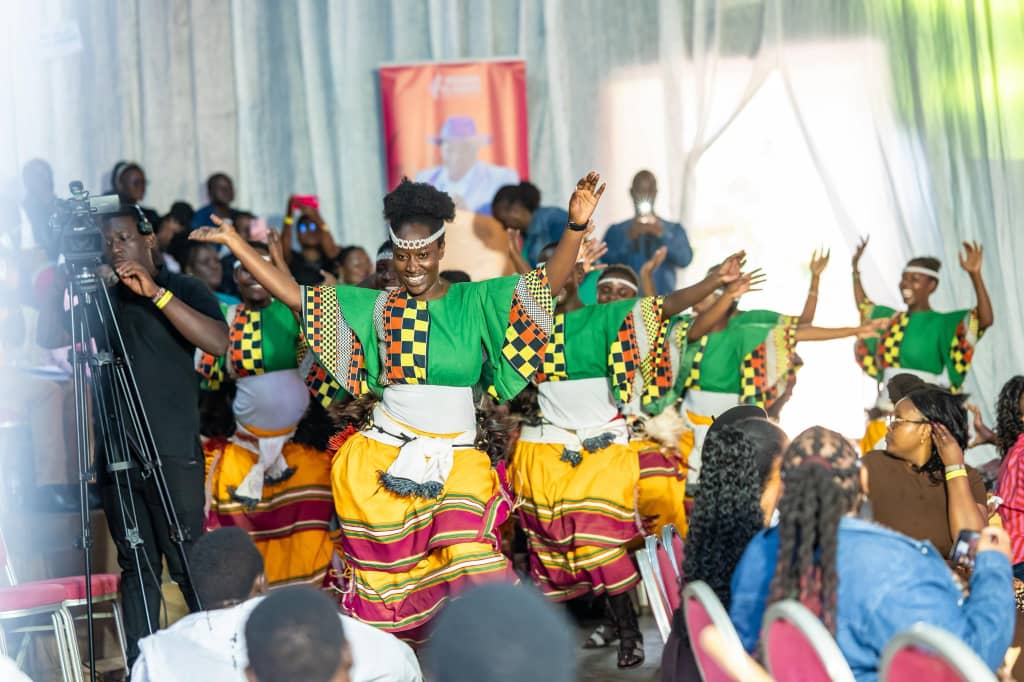
The festival also held panel discussions, which emphasized the importance of integrated approaches and meaningful youth participation in decision-making spaces. A dynamic panel featuring youth advocates and implementers, representatives from local government and the Department of Health portrayed a solidified network of partners committed to the PtY project. The dialogue fostered a meaningful discussion on how different generations and communities can amplify the youth voice and agency.
The celebration segment was a heartfelt acknowledgment of the visible determination and passion displayed by the youth and partners involved. A gallery of the project’s significant impact of empowered youth, shifted social norms, strengthened systems and enhanced collaboration was showcased.
The award ceremony laid a strong foundation for continued progress and recognition of the noticeable work by the PtY were given to focal program country team members of the Power To Youth Uganda, Sonke Gender Justice staff, community stakeholders and leaders working to promote meaningful youth engagement The regional learning event was a powerful affirmation that investing in youth is the cornerstone of a prosperous society.
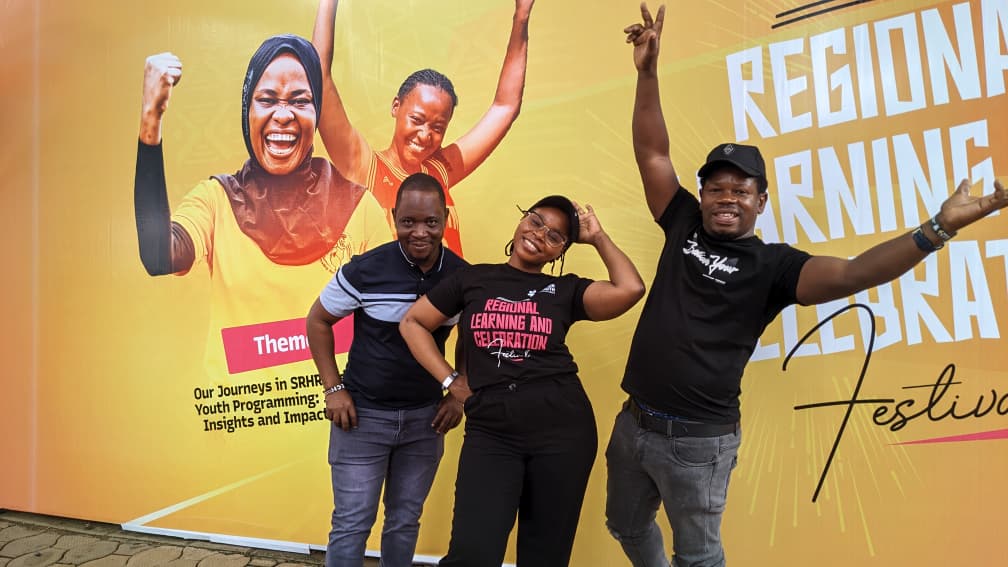
‘Beyond the celebration that took place in the event, the program was a rich learning ecosystem from peer to peer learning, to measurable indicators of success in the inclusion of youth to lead their own development and changing narratives,’ Zulu concluded.
